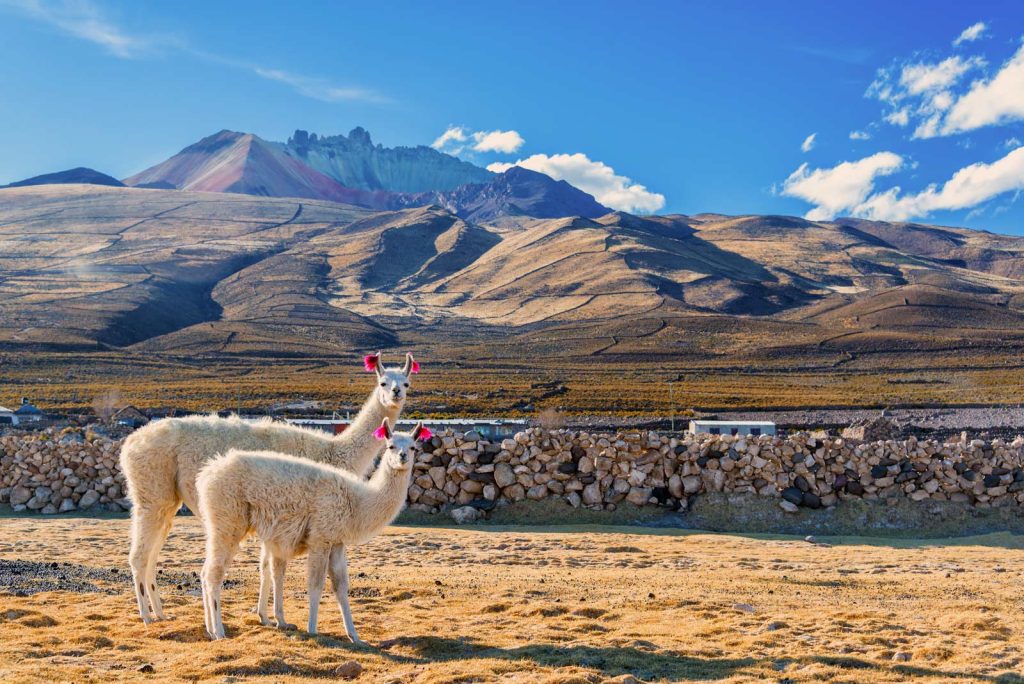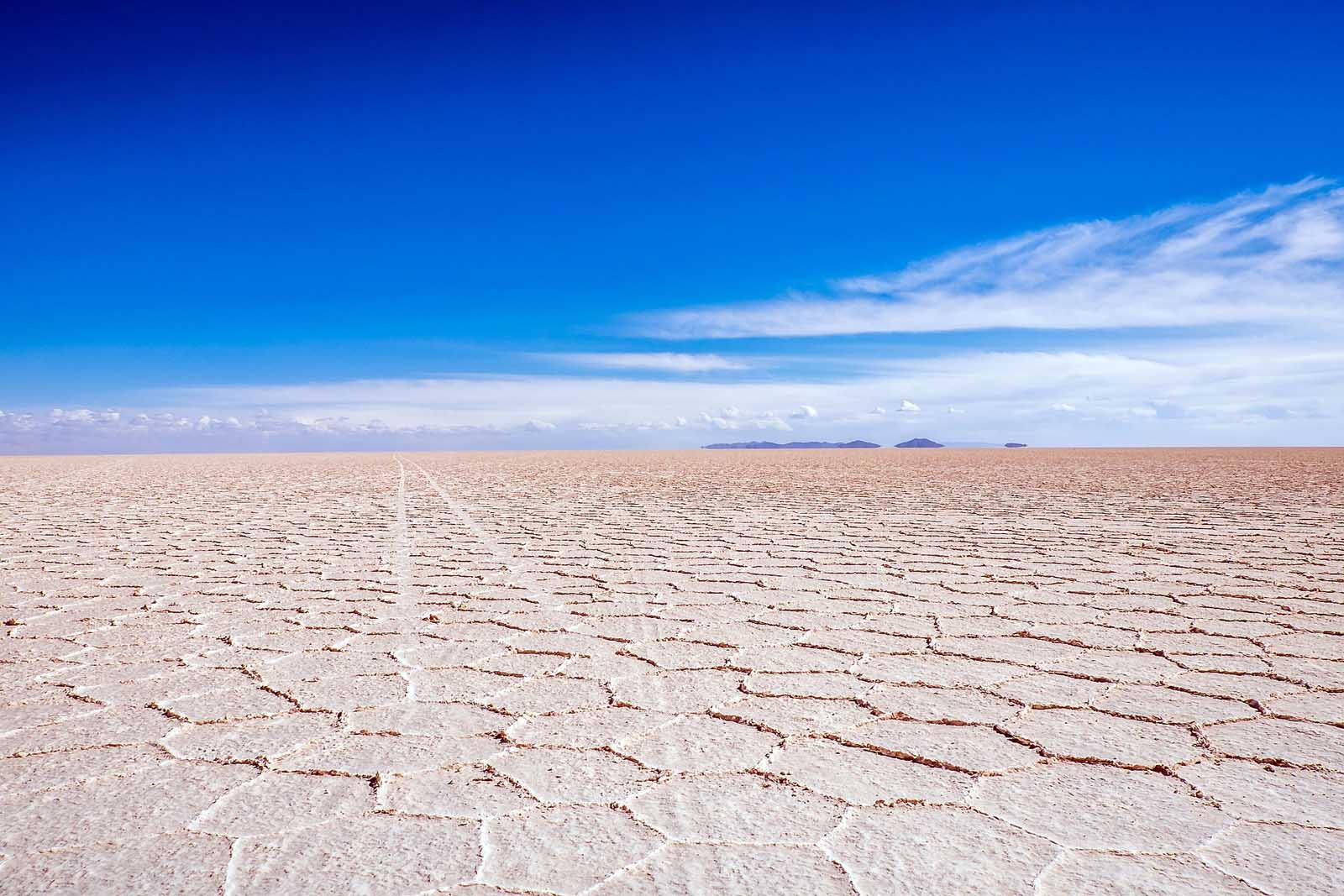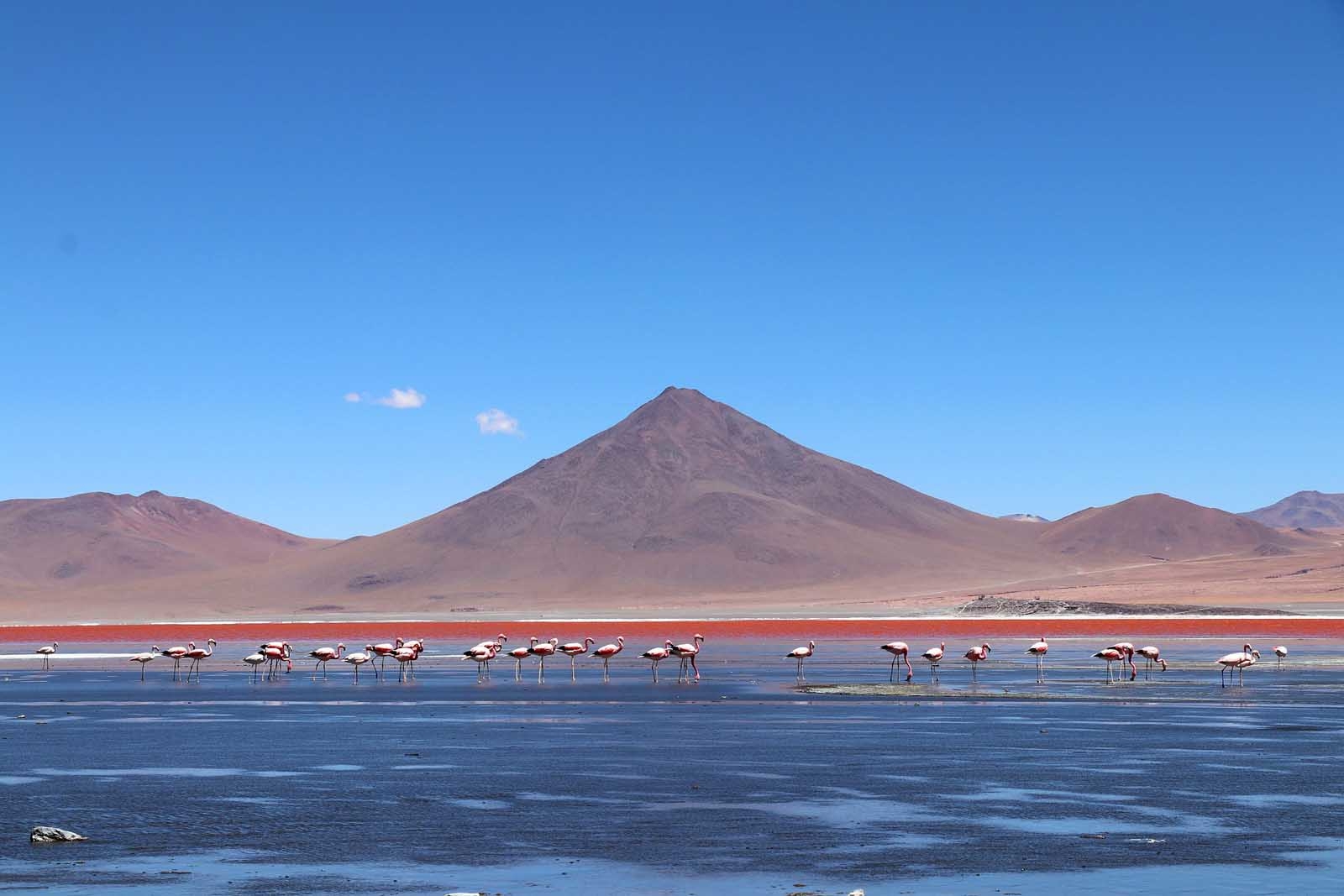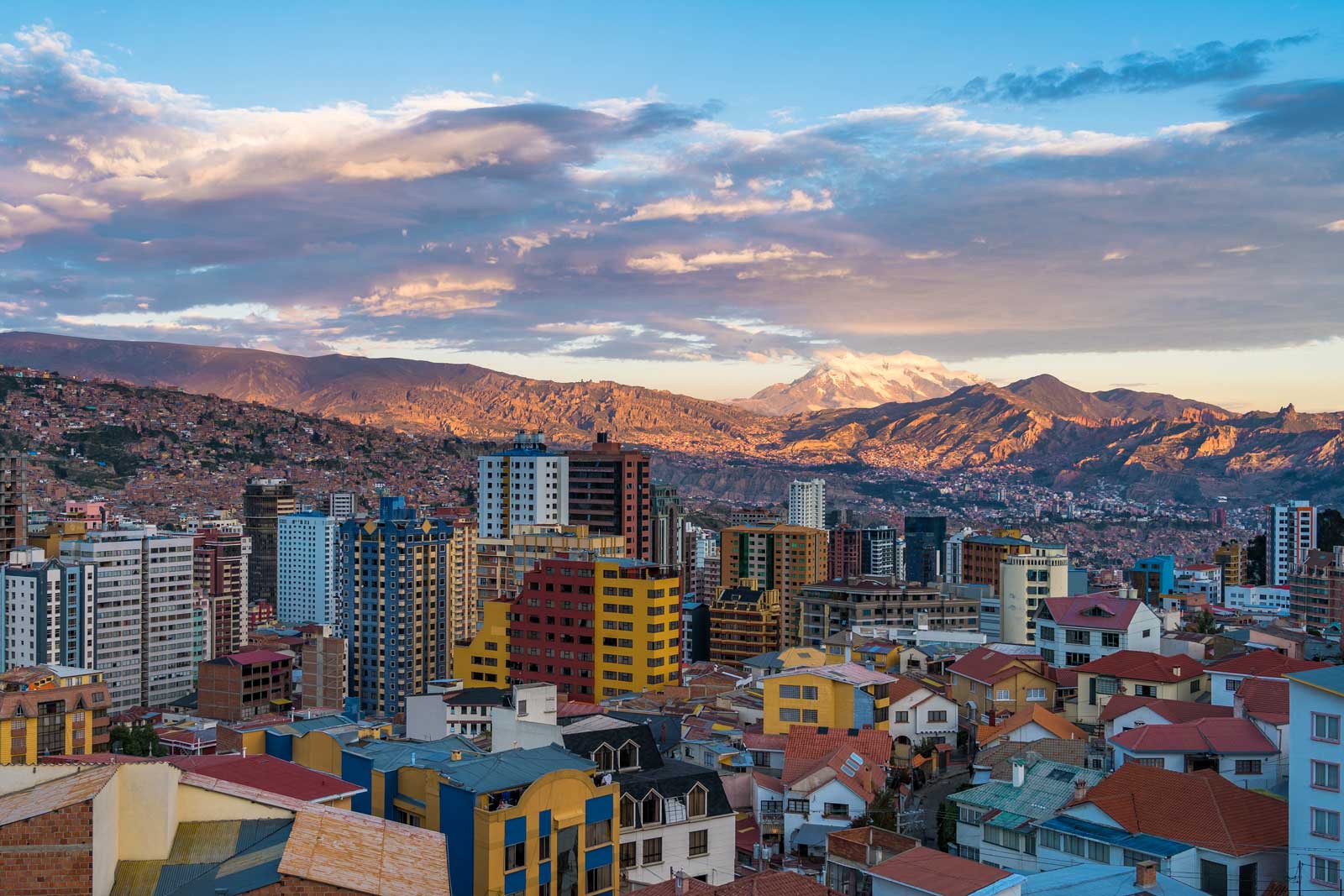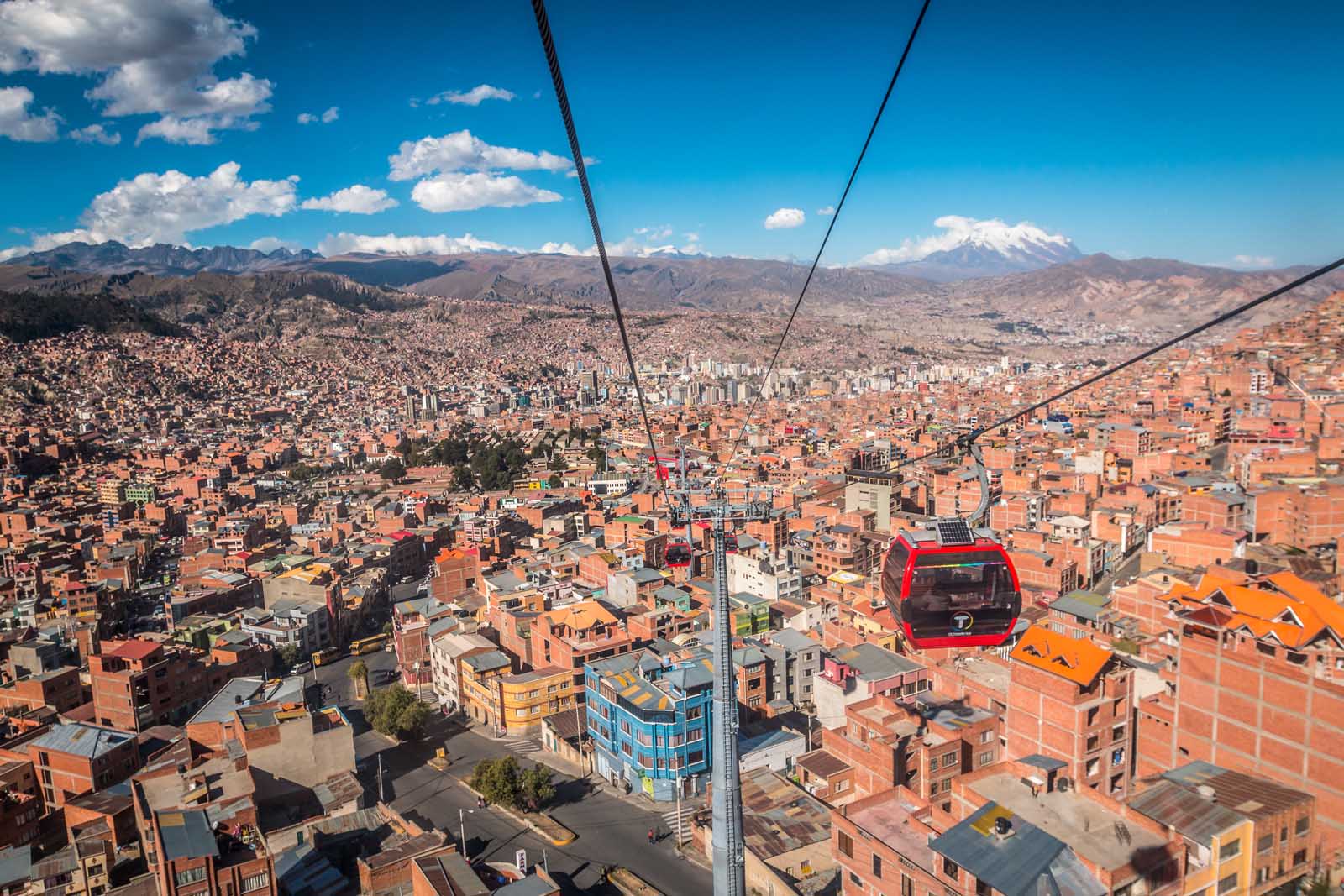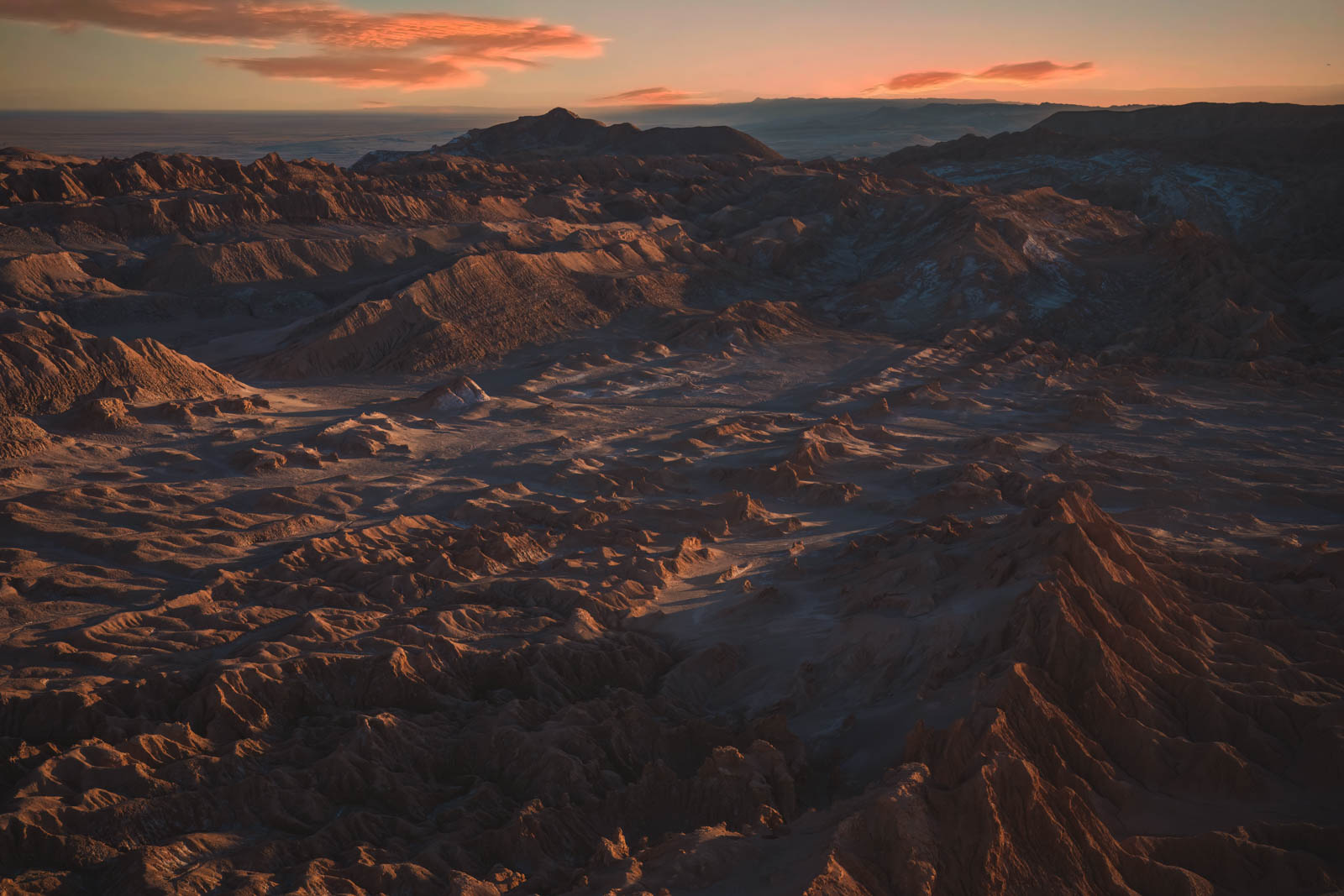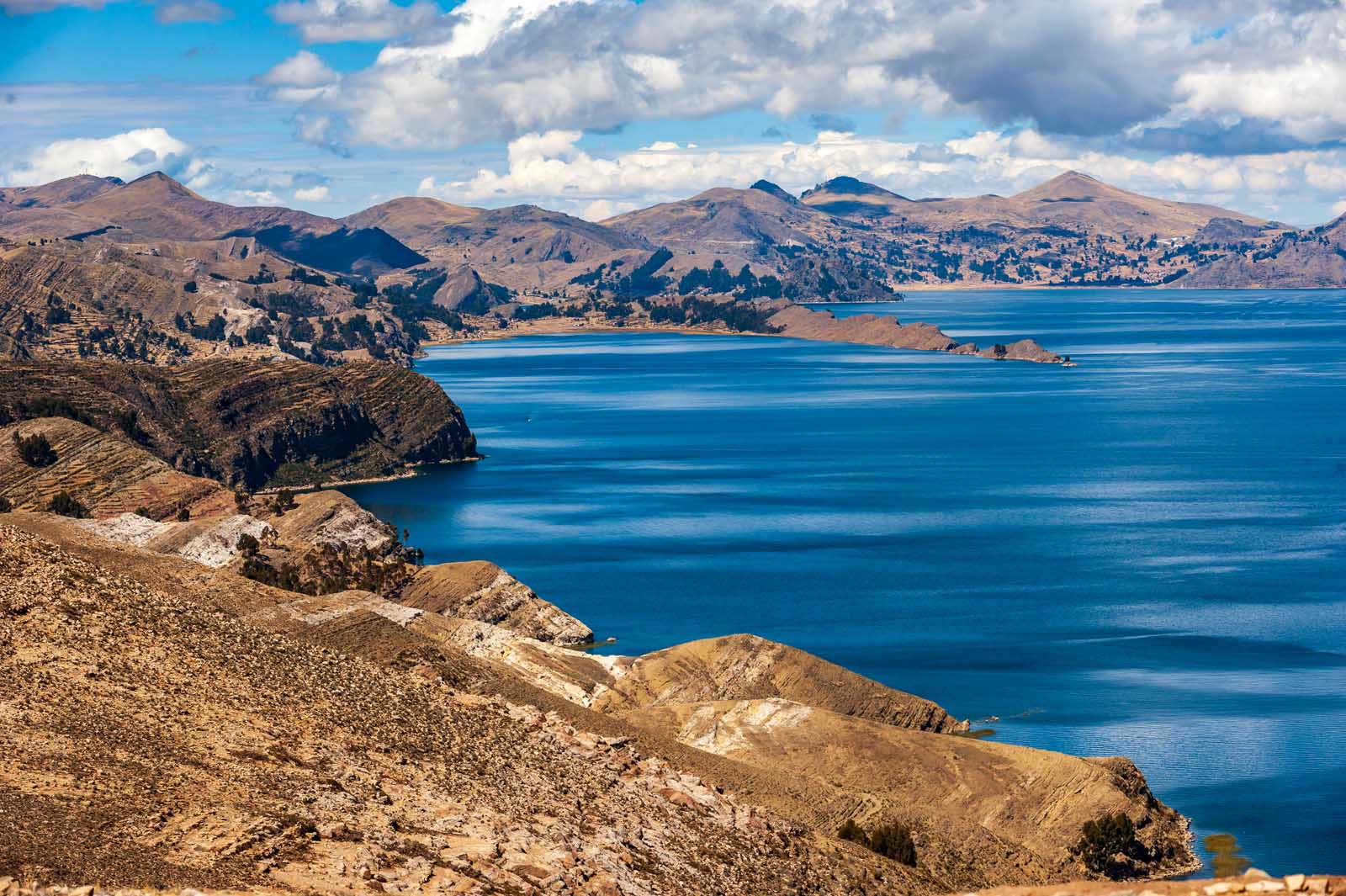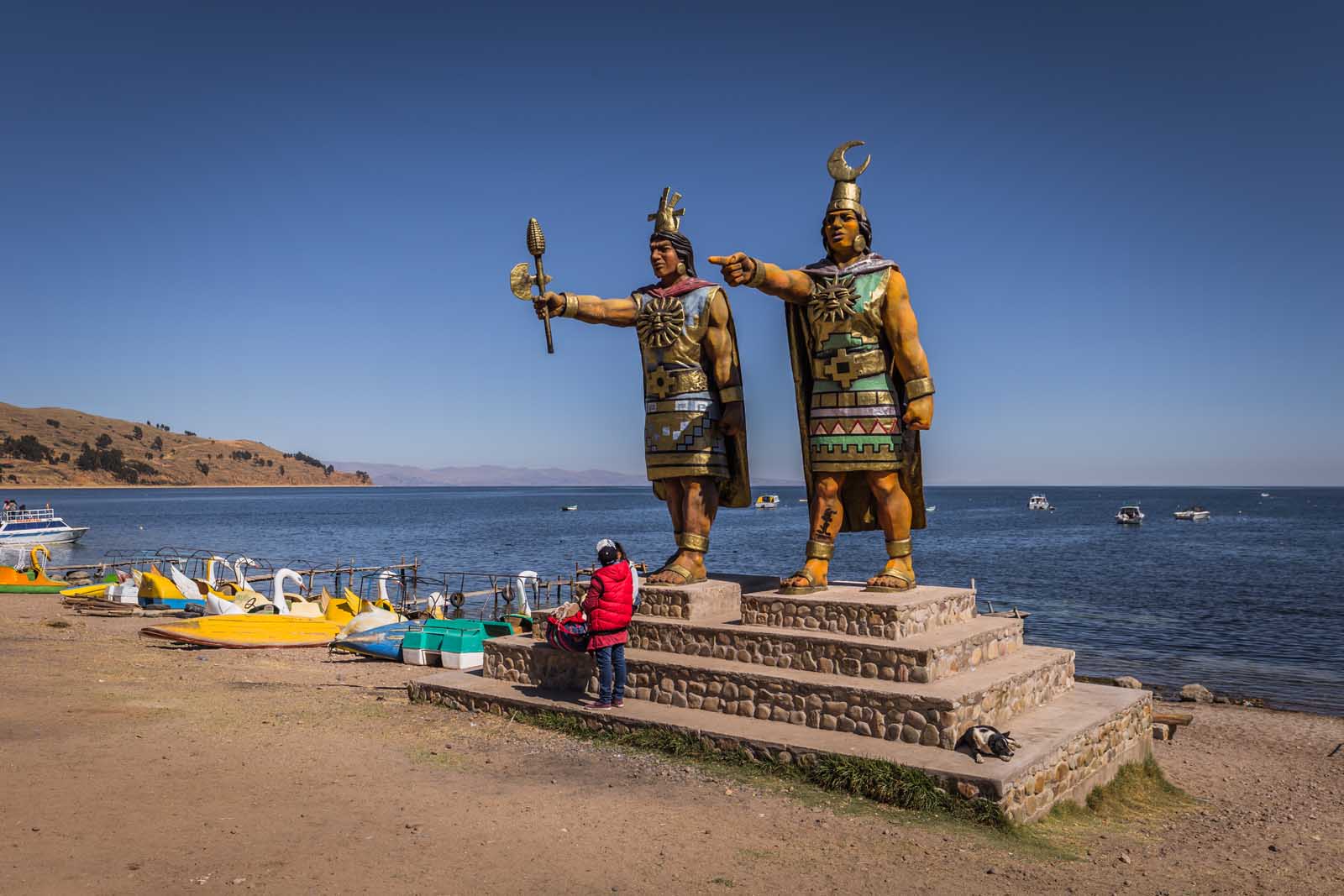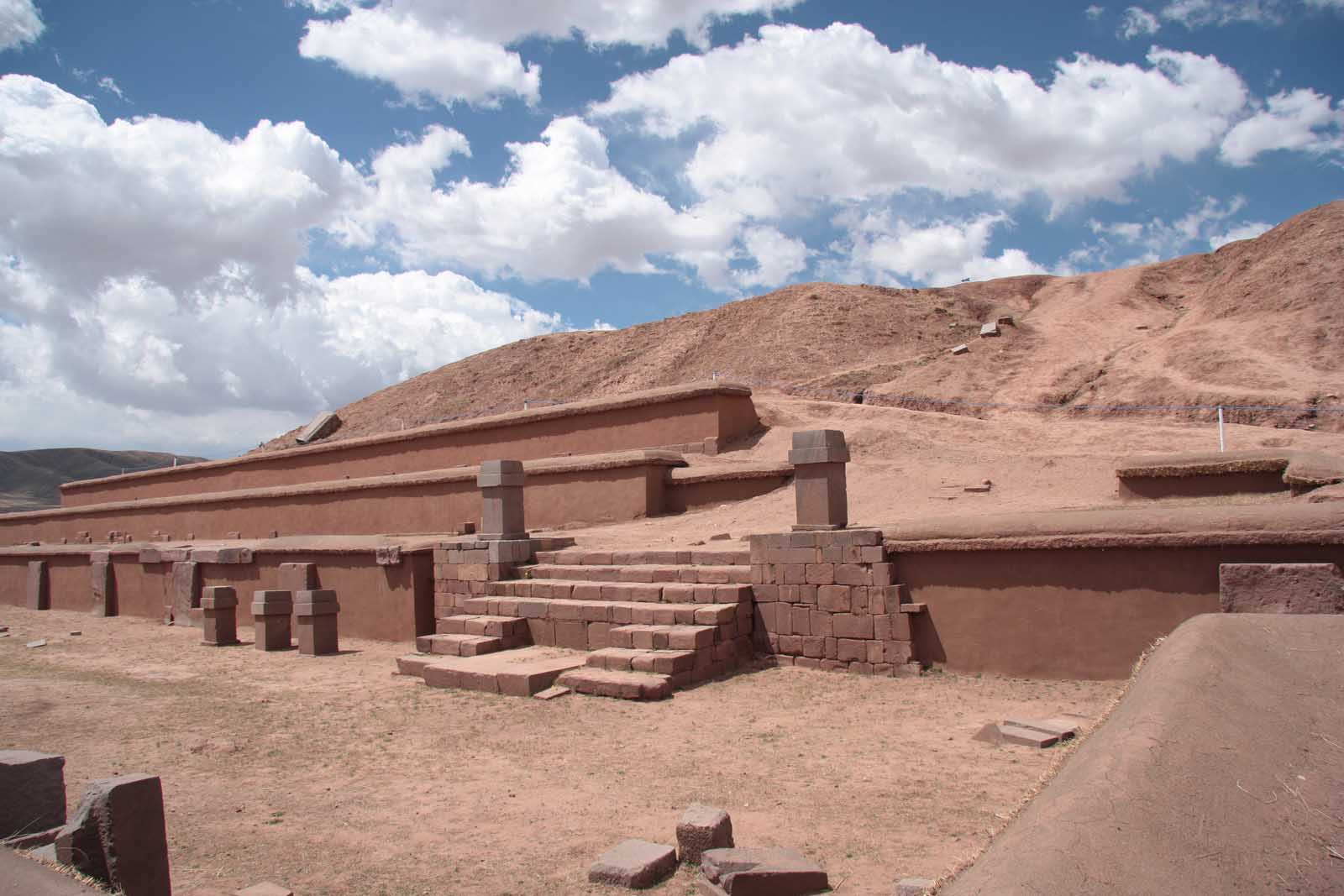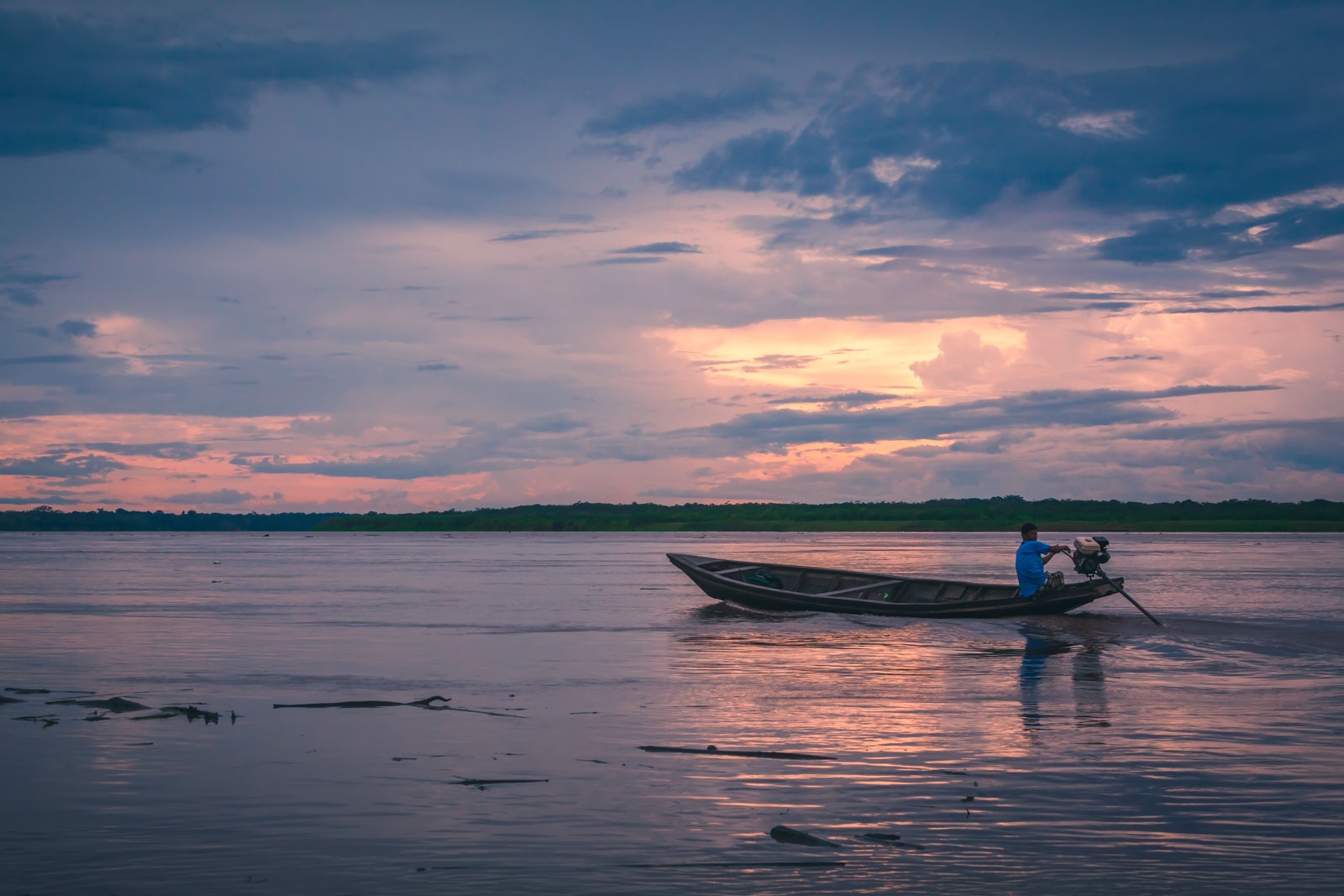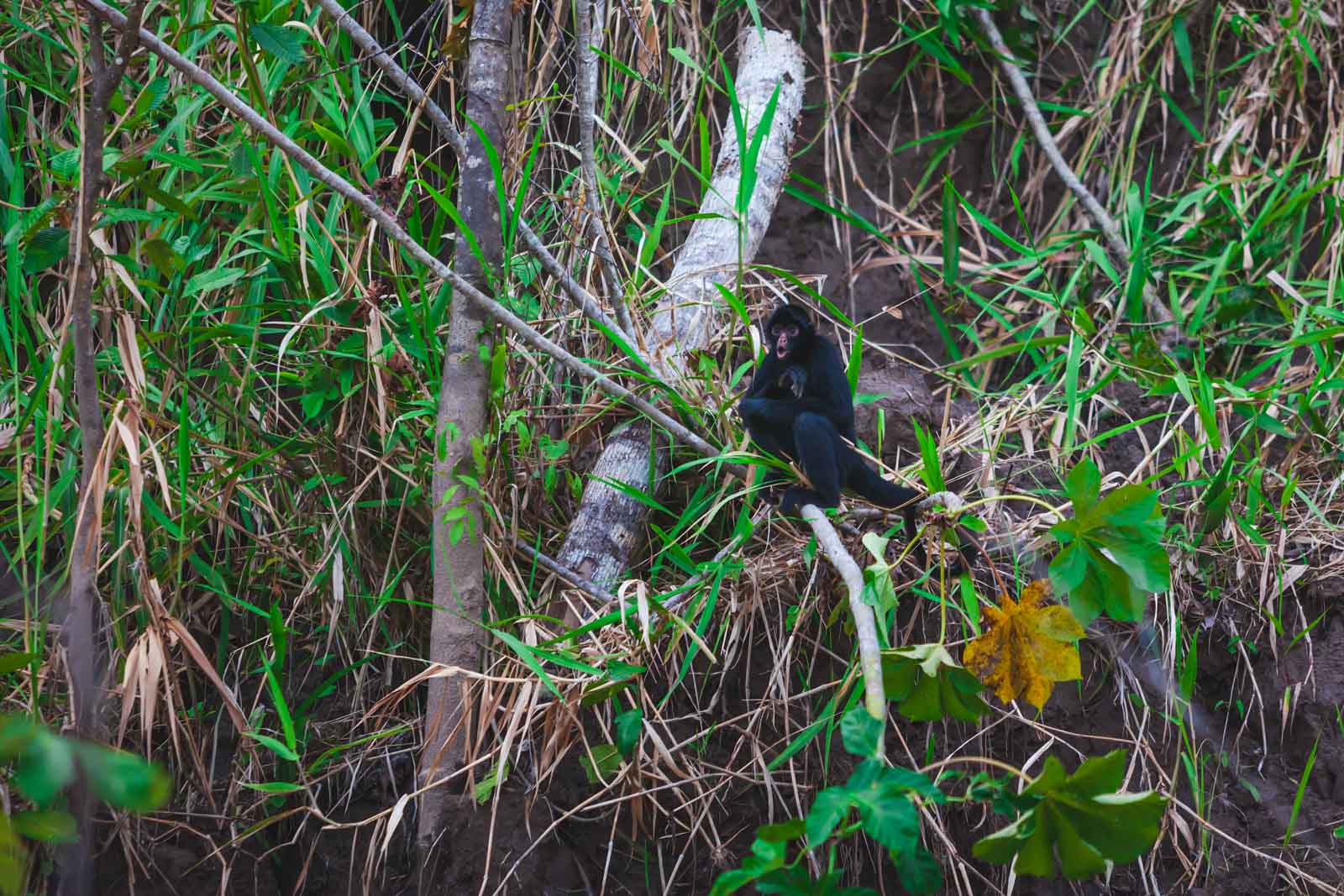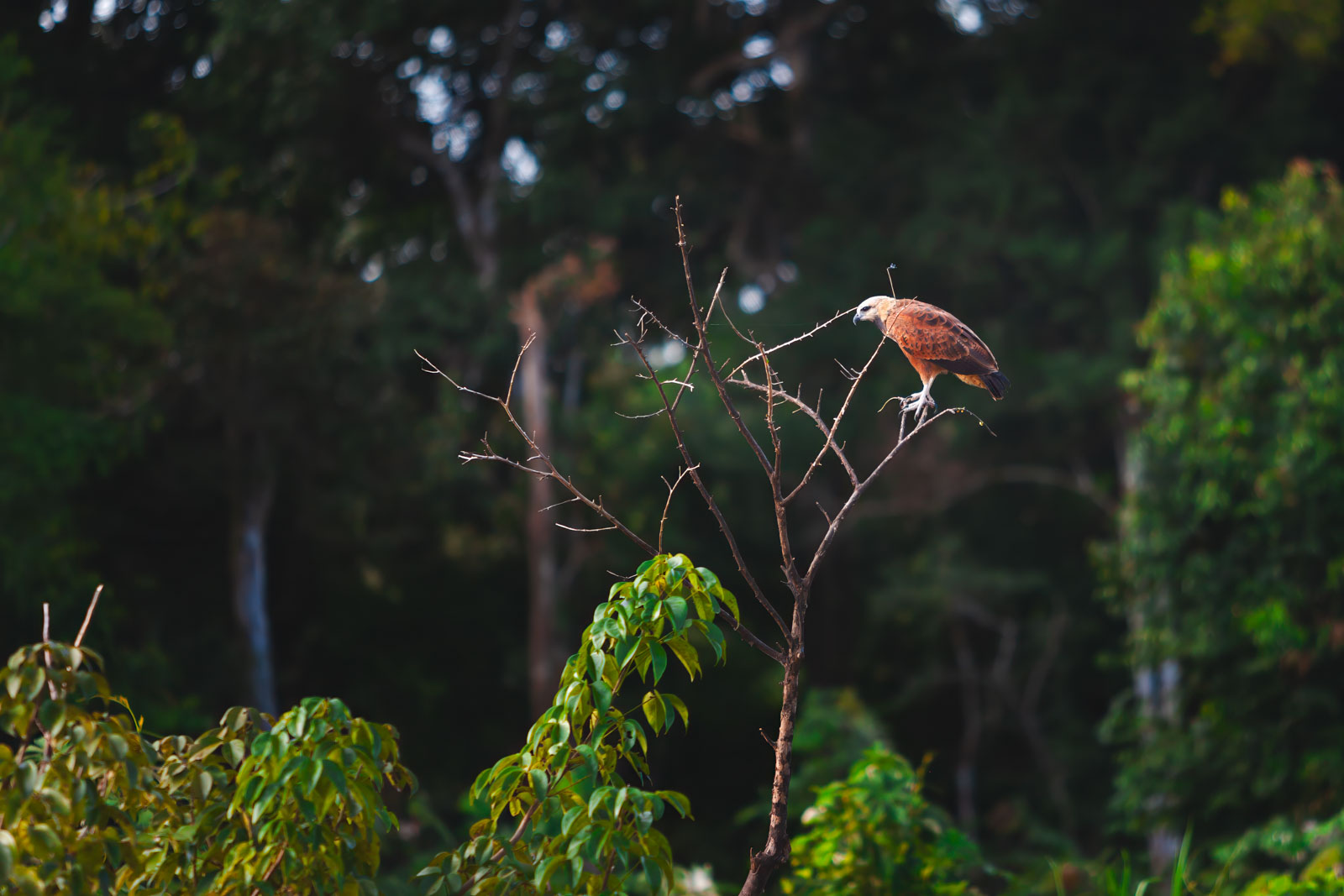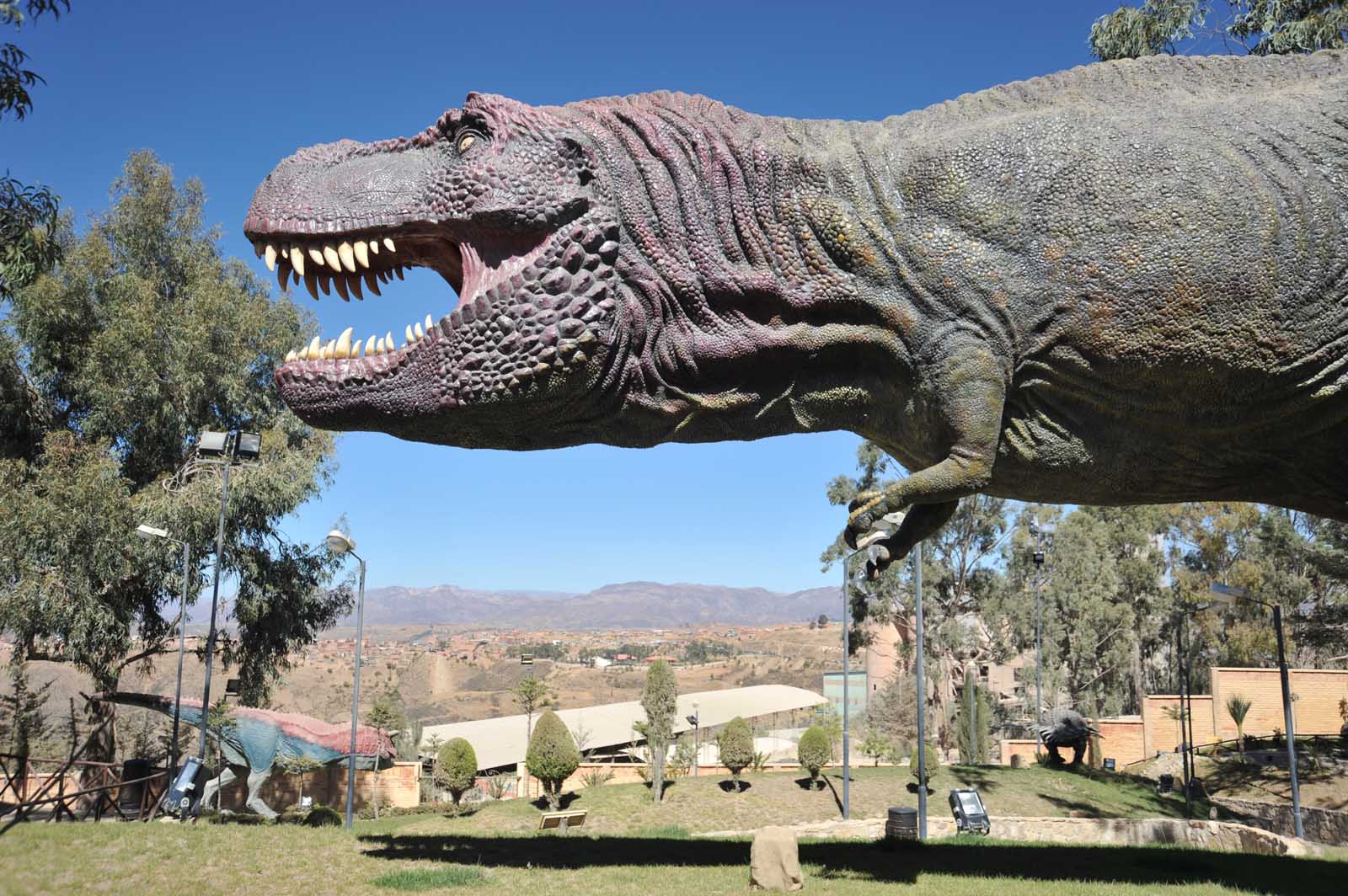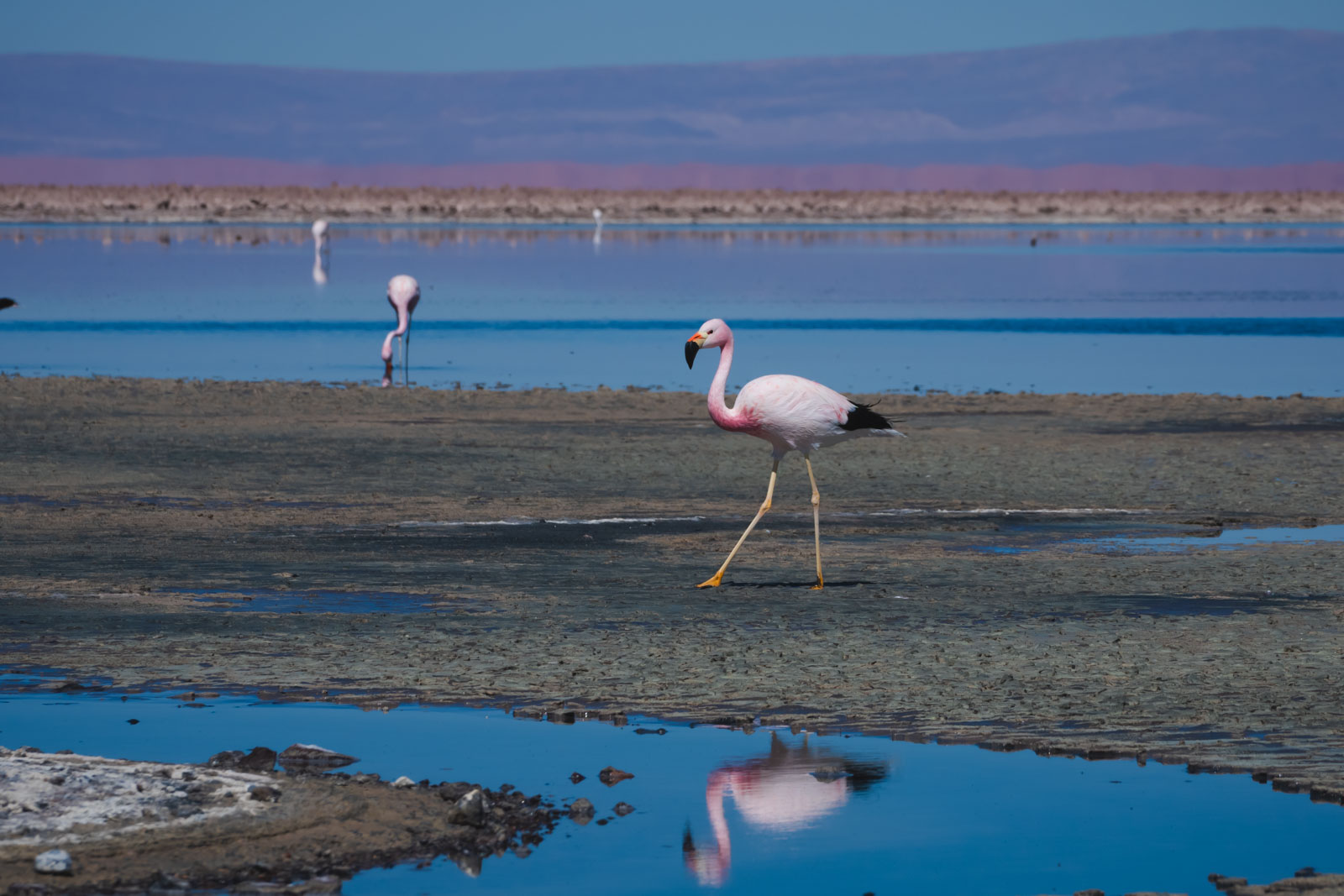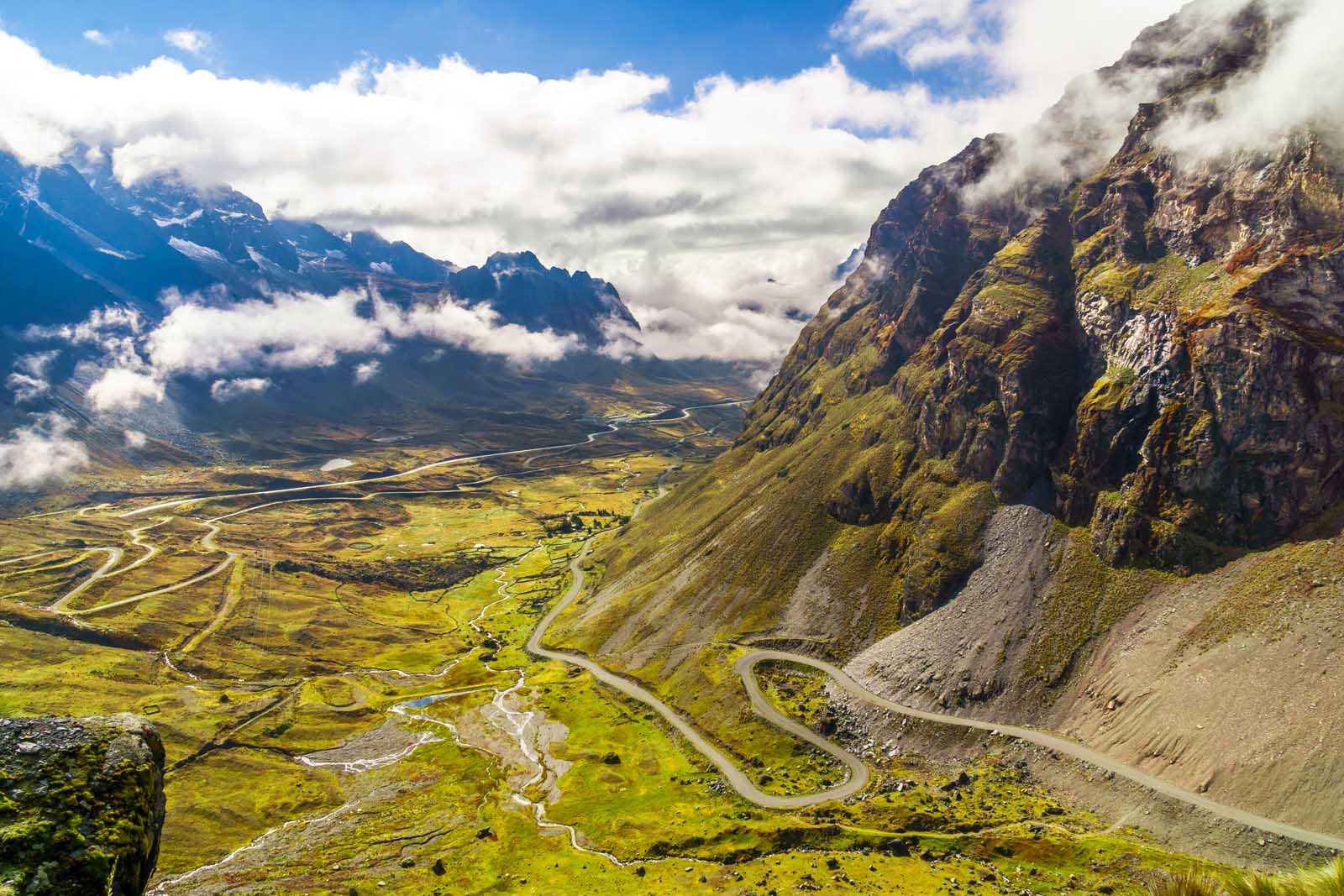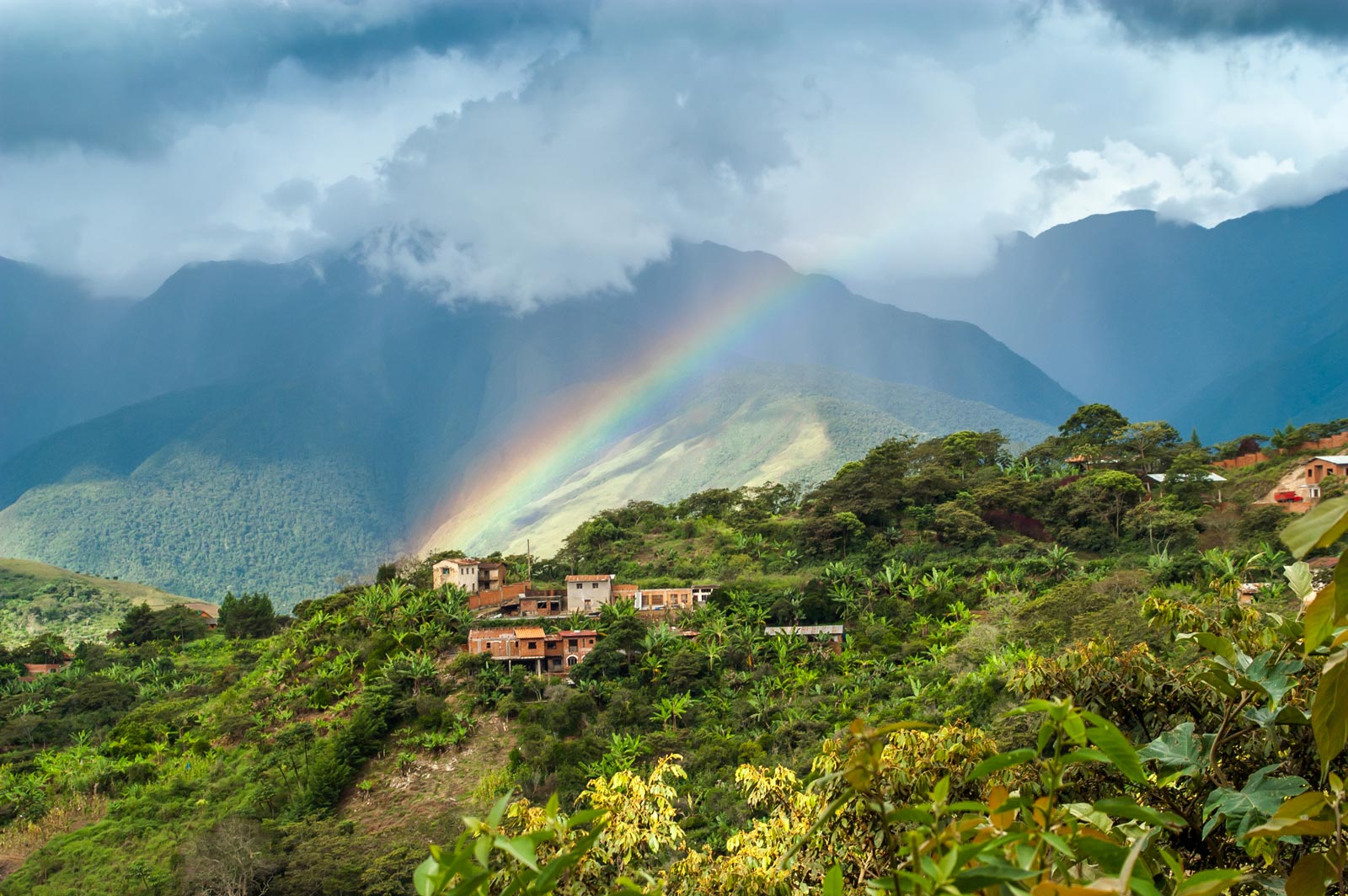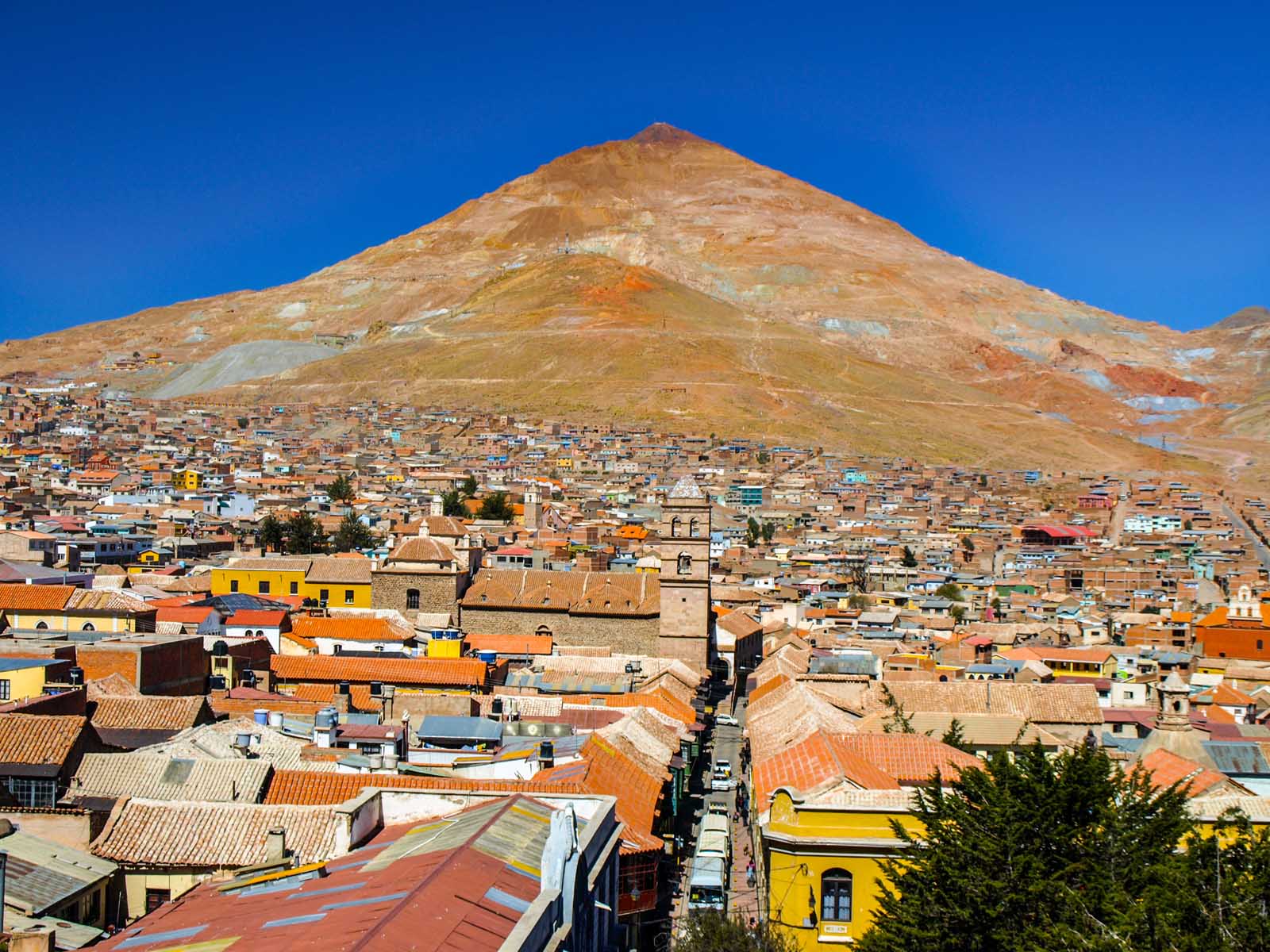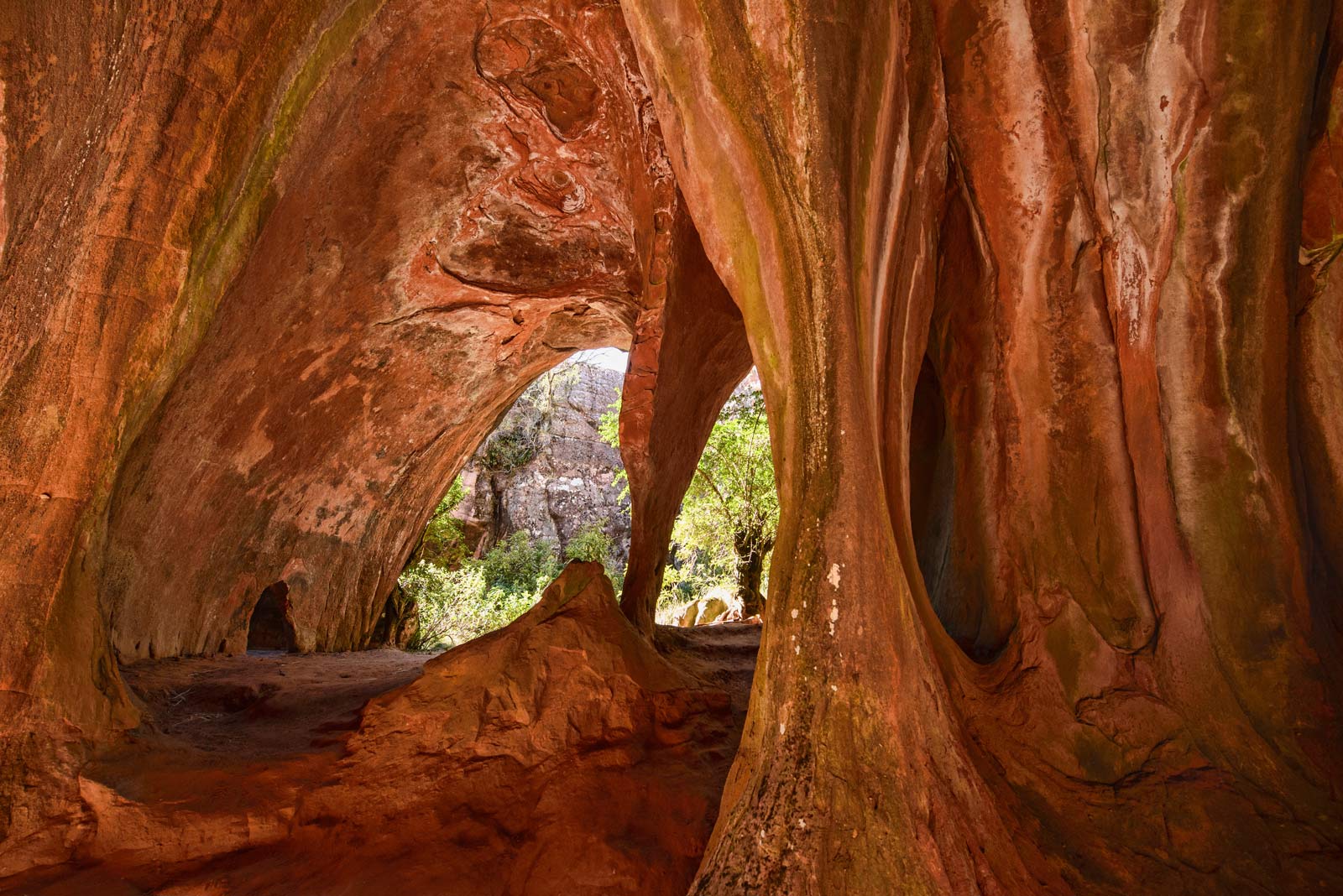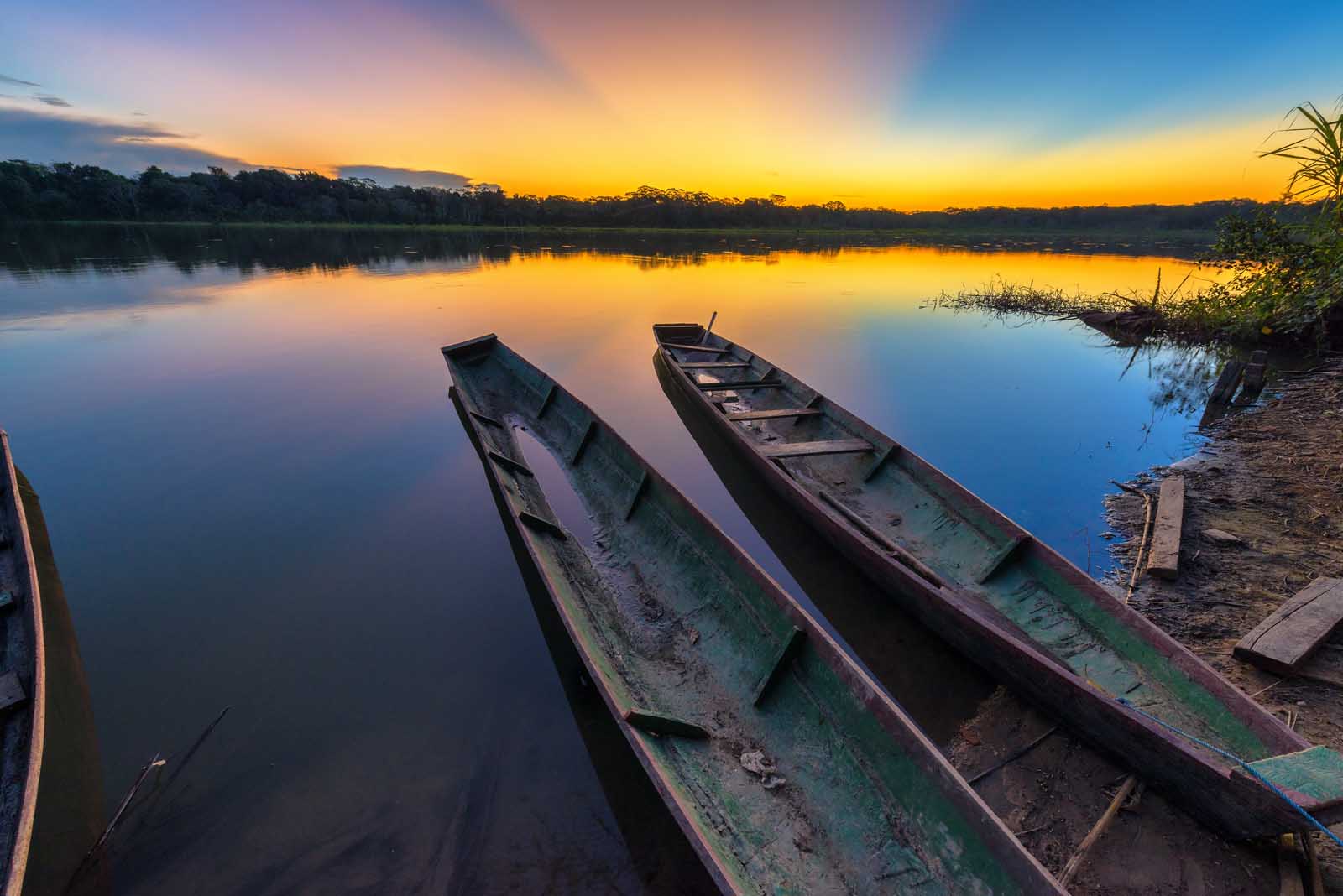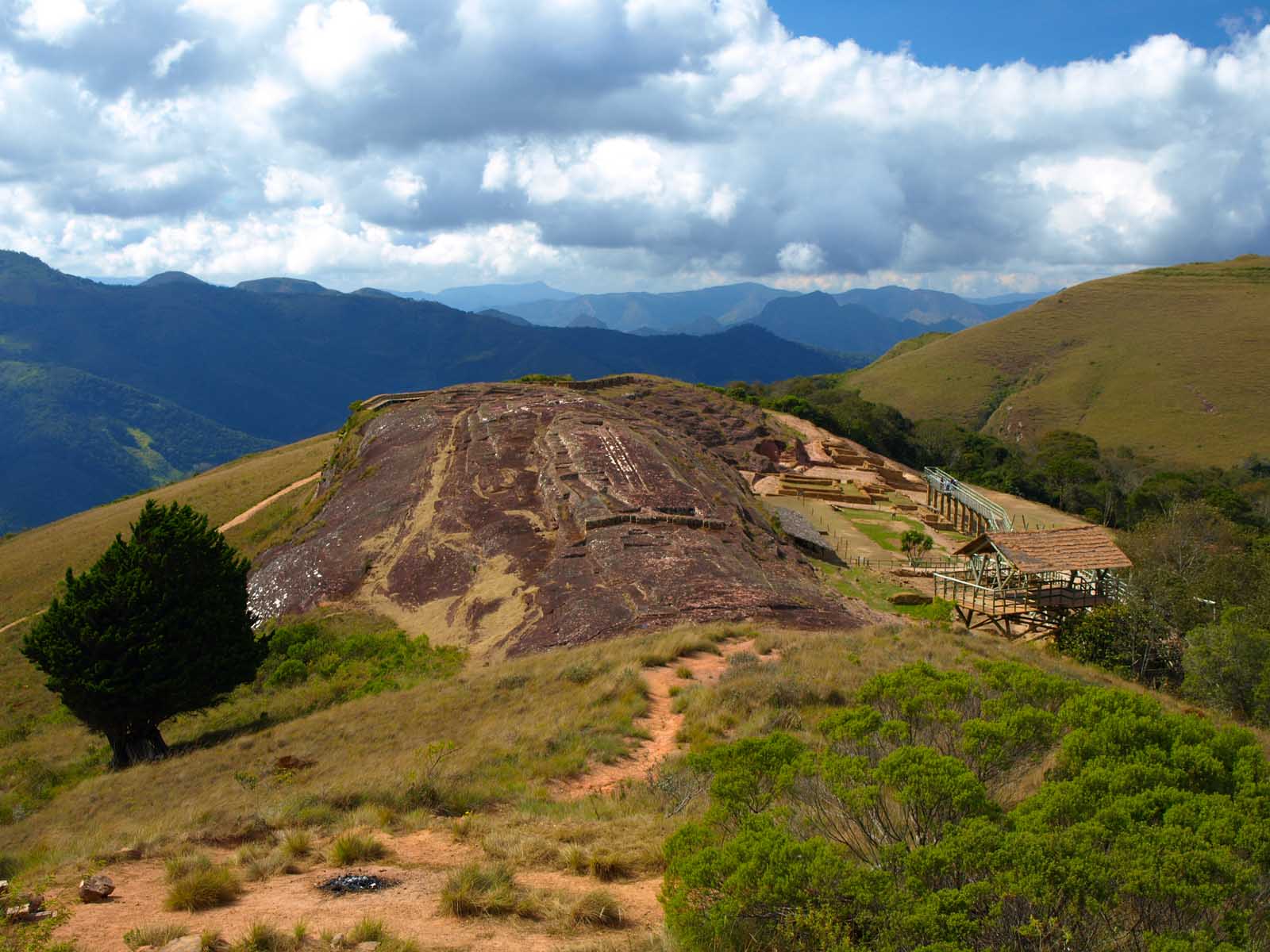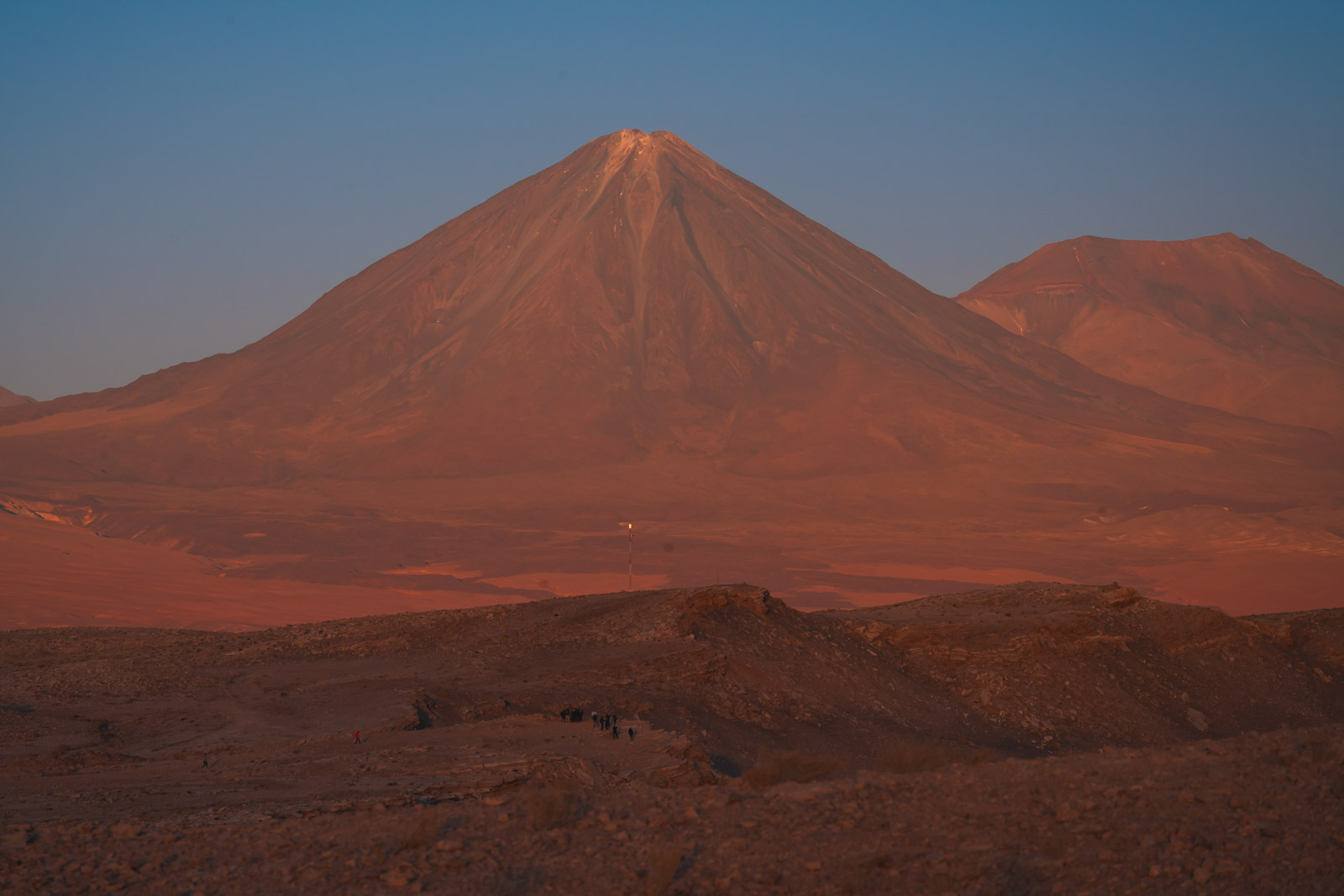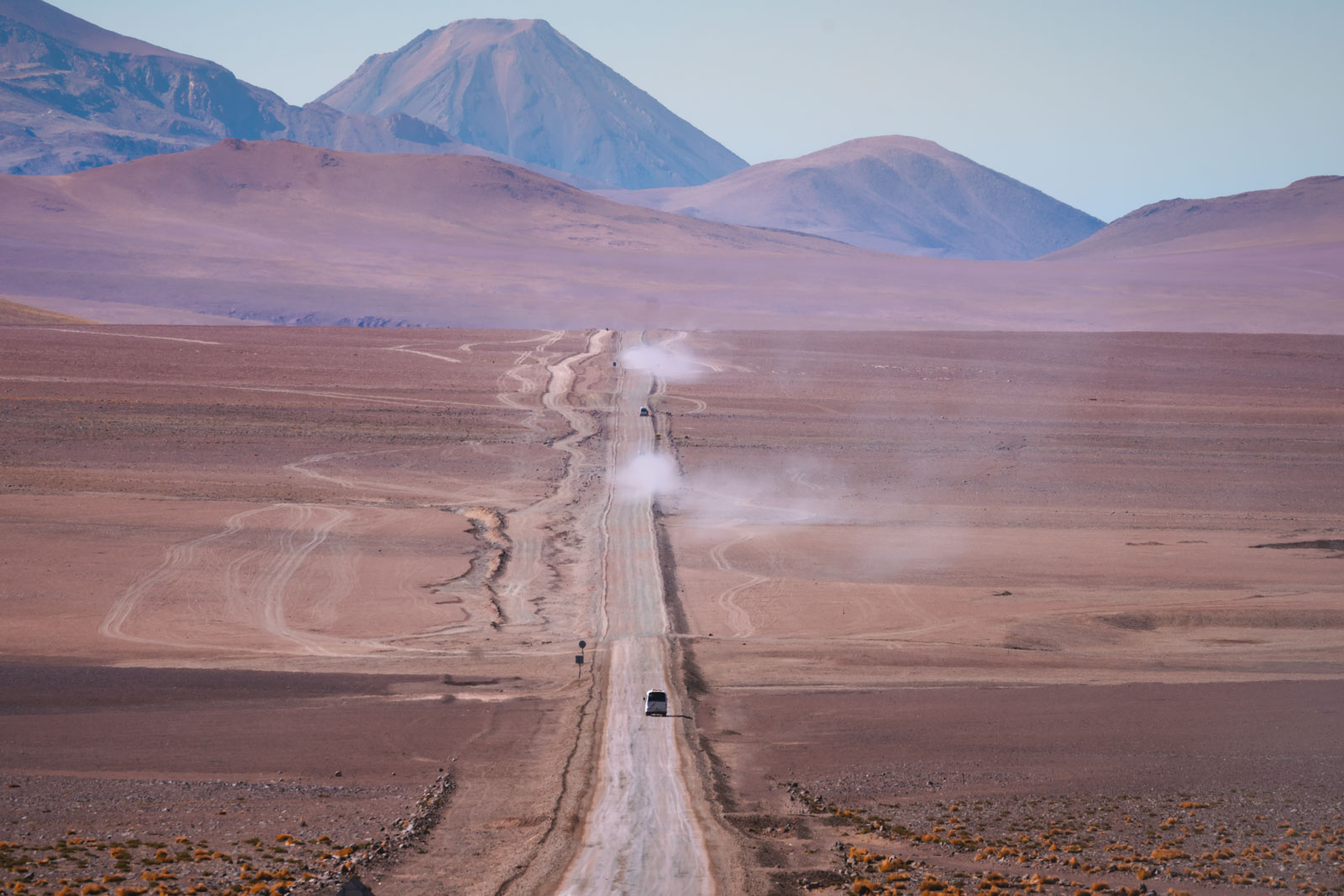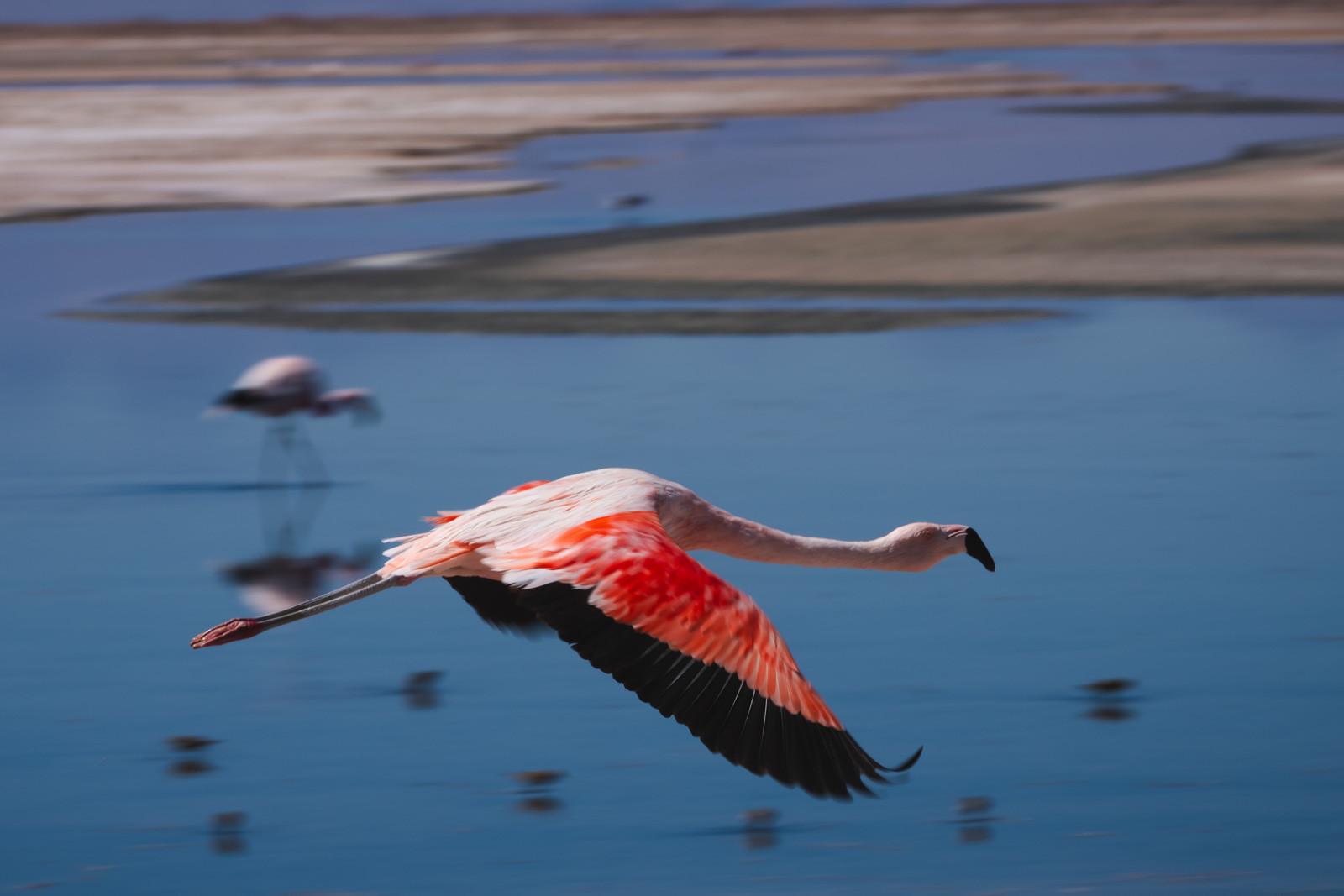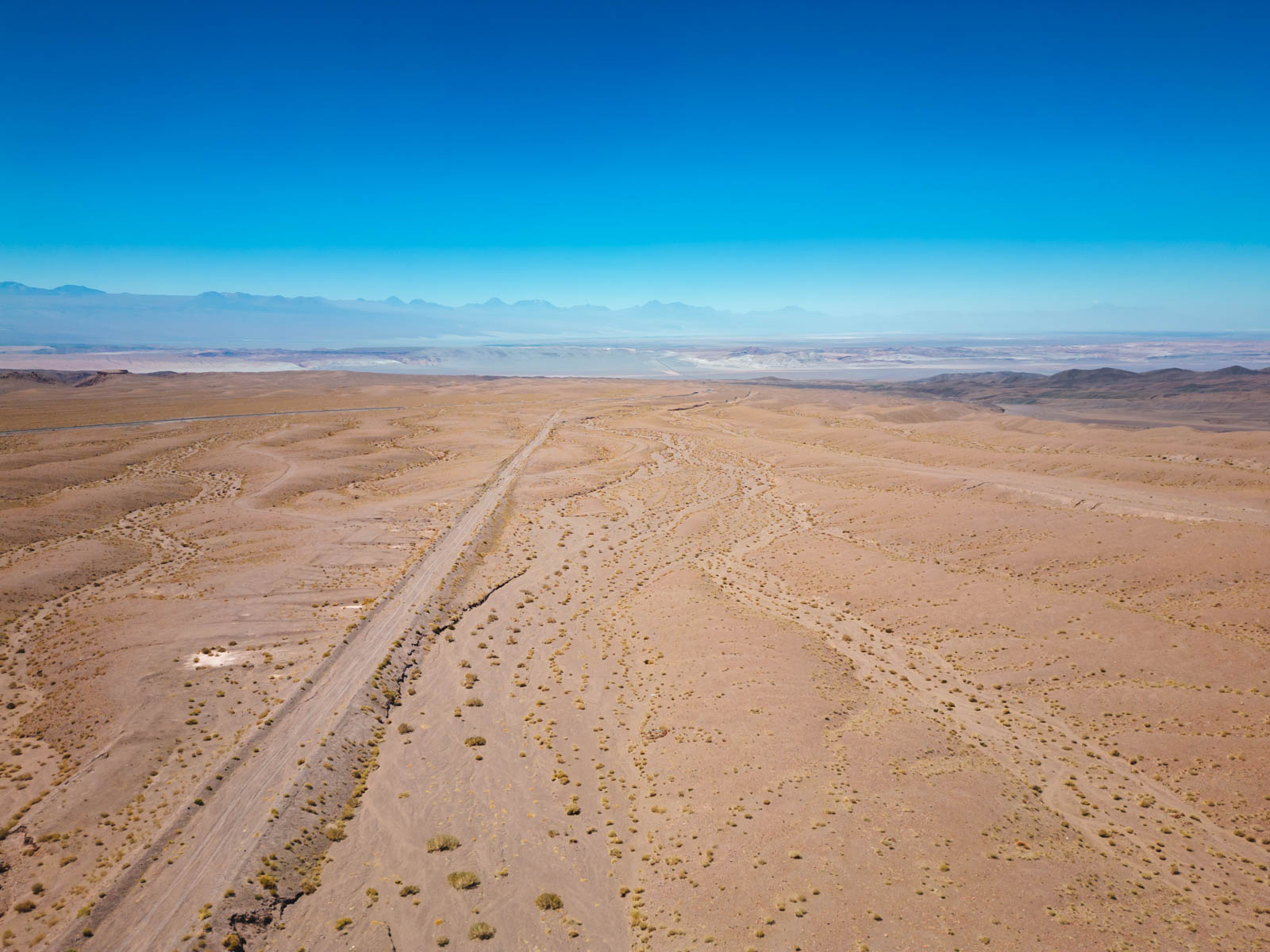Bolivia remains an afterthought for many travelers visiting South America, but it has dazzling scenery and many sites that will leave you speechless. From the majestic peaks of the Andes to the vast expanses of its rainforests, Bolivia is a treasure trove of unique experiences waiting to be discovered. These are the best things to do in Bolivia that will make any traveler’s mouth water!
Situated in the heart of the continent, this landlocked country is bordered by the countries of Peru, Brazil, Paraguay, Argentina, and Chile. Bolivia boasts a myriad of attractions that cater to every type of traveler. So are you ready to begin your Bolivia trip? Let’s go!
Top Things to Do in Bolivia, South America
Planning Your Trip To Bolivia Right Now?
These are the top tours and activities in Bolivia. Don’t forget to plan ahead when visiting Bolivia!
Top Bolivia Tourist Attractions and Tours:
1. Salar de Uyuni (Uyuni Salt Flats)
A tour of the Uyuni Salt Flats is the most popular thing to do in Bolivia. The Uyuni salt flats are the world’s largest salt flats, where the white landscape stretches as far as the eye can see. Read more: Salar de Uyuni – How to Visit The Bolivia Salt Flats
There are one to seven-day tours available, all of which take you out onto the salt flats to explore one or more of the weird and wonderful sites there, from thousand-year-old cacti to rare flamingos.
Gazing out over the Salar de Uyuni is like stepping into a dream. The largest salt flat in the world stretches out in a vast expanse of white, creating illusions of an endless horizon. When filled with a thin layer of water, it becomes the world’s largest mirror, reflecting the sky in a surreal spectacle.
Flamingoes
Beyond its natural beauty and otherworldly rock formations, the Uyuni Salt Flats have a vibrant ecosystem and are home to many flamingo species. A journey to the Salar is not just a visual feast, but a soulful experience, offering a glimpse of nature’s artistic prowess. Check out Best Things to do in San Pedro de Atacama, Chile
There is a range of accommodation options, mostly tents, and hostels near the Uyuni Salt Flats. The salt flats are one of the top Bolivia tourist attractions so it is recommended to book your tours in advance.
How to Get to Uyuni Salt Flats: Take a bus from Oruro or La Paz to Uyuni, where you will find many tour operators offering trips of varying lengths and prices. You can also book a guided tour from Lapaz. This 3-day tour is highly rated.
2. La Paz
With an elevation of 3,650 meters (11,975 ft) above sea level, La Paz is the highest capital city in the world. La Paz is a city of contrasts, from the busy Witches’ Market around Sagarnaga Street to the tranquil Plaza Murillo with its historic governmental buildings.
The National Museum of Art exhibits Bolivia’s art history, and the Bolivian Andean Textile Museum is a must-see for all interested in the beautiful weavings of the Andes. At night, make sure to check out Peña Huari on Sagarnaga for some traditional pipe music and dancing, or head to A Lo Cubano on Aniceto Arce Street for some Cuban food and music.
Venture into its bustling streets and markets, like the famous La Paz Witches Market, to discover a rich tapestry of culture and tradition. Whether admiring colonial architecture or tasting local delicacies, La Paz provides an urban experience like no other, balancing its historical roots with a contemporary beat. This private La Paz city tour is a great way to explore the highlights.
3. Ride The Cable Cars in La Paz
Perched at dizzying heights, La Paz is more than Bolivia’s administrative capital; it’s a city that offers a blend of old-world charm and modern-day dynamism. The city’s skyline, a mixture of traditional red-brick homes and gleaming skyscrapers, is set against the backdrop of the looming Mount Illimani.
The best way to see La Paz is to take a breathtaking ride on a cable car from La Paz to El Alto. These are the highest cable car system in the world and the top tourist attraction in La Pas. And for good reason, it offers unparalleled views of the city and the Cordillera Real mountains.
How to Get There: Take a taxi or bus from the airport into town. There are bus services to La Paz from most other Bolivian cities, as well as from cities in Peru, Argentina, and Chile.
4. Valle de La Luna – (Valley of the Moon)
Located just a short distance from La Paz, Valle de la Luna (Moon Valley) boasts a landscape that feels otherworldly. Eroded rock formations, with their intricate patterns and maze-like structures, give the place a surreal, moon-like appearance, hence its name. Seeing Moon Valley at Sonsuet is one of the top things to do in La Paz.
Walking through Moon Valley during sunset is a transcendent experience. The soft light paints the rock formations in shades of gold and crimson, making the place come alive in a riot of colors. The tranquility, combined with the dramatic scenery, offers visitors a moment of reflection amidst nature’s marvels. This tour includes a tour of La Paz, the Cable Cars, and the Valley of the Moon.
5. Lake Titicaca
Resting at the crossroads of Bolivia and Peru, Lake Titicaca is a shimmering marvel, holding the title of the highest navigable lake in the world at 3,810 meters above sea level. But beyond its geographical records, it’s the cultural richness and serenity that makes it a must-visit. You can book a day tour from La Paz, but to visit Lake Titicaca really requires a few days. This day tour is a good option if you have limited time.
Vast expanses of blue waters are interspersed with islands, both natural and man-made, that preserve the ancient ways of life. From the floating Uros Islands, constructed entirely out of reeds, to the terraced landscapes of Isla del Sol, believed to be the birthplace of the Incan Sun God, Titicaca is a blend of history, mythology, and unparalleled scenic beauty.
6. Isla del Sol
Day trips from La Paz are popular to see Isla del Sol and this private tour includes a boat trip to Isla del Sol, Copacabana, and highlights of Lake Titicaca at your own pace. However, you will want to spend more time to see its Inca ruins, and explore the Lake’s other sacred island, Isla de la Luna.
Located on Lake Titicaca, Isla del Sol is a place of myths, and legends. According to Incan folklore, it’s here that the world began when the God Viracocha emerged from the waters and created the sun.
The island is a sanctuary of tranquility, free from modern vehicles, and offers picturesque hiking trails that weave through ancient ruins and terraced hills. The serenity here, complemented by the sacred vibes of its archaeological sites, provides a reflective escape, making it a must for every traveler seeking both beauty and introspection.
Book an organized tour from downtown La Paz to Isla del Sol and Lake Titicaca. It includes a boat ride from Copacabana to the island’s most popular tourist attractions.
7. Copacabana
Nestled on the shores of Lake Titicaca, Copacabana is a gateway to the Isla del Sol but it is worth spending some time at on its own. Copacabana is a tranquil retreat reflecting Bolivia’s deep-rooted spirituality and captivating natural beauty. With its whitewashed buildings and blue waters, the town feels almost Mediterranean, yet its essence is unmistakably Bolivian.
The Basilica of Our Lady of Copacabana stands as the town’s crown jewel, drawing pilgrims and tourists alike with its ornate architecture and a revered statue of the Virgin Mary. As one wanders through the town’s cobbled streets, vibrant markets brimming with local handicrafts beckon, while traditional eateries offer a taste of Bolivia’s rich culinary heritage.
But Copacabana’s allure doesn’t end with its streets. Venturing to the Cerro Calvario, a hill overlooking the town, provides panoramic views of Lake Titicaca, especially enchanting during sunset. You can book an organized tour from La Paz. This tour will take you from your hotel in the city centre to the lakeside town of Copacabana, visit Isla del Sol, its Inca Ruins and Lake Titicaca.
8. Ruins of Tiwanaku
As one of South America’s most significant archaeological sites, the ancient city of Tiwanaku provides insights into a civilization that thrived long before the Incan Empire. It is one of the seven UNESCO World Heritage Sites in Bolivia and one of the top tourist attractions in the country. This private tour is a great way to really explore the history and beauty at your own pace.
Located near the southern shores of Lake Titicaca, the ruined city stands as a silent witness to the region’s rich history. Intricately carved stonework, monumental statues, and sunken temples tell tales of the Tiwanaku people’s ingenuity and spiritual beliefs. With a history spanning over a millennium, it’s a destination that beckons history buffs and curious travelers to delve deep into Bolivia’s pre-Columbian past.
9. Explore The Amazon Rainforest
Nestled between multiple South American countries, Bolivia’s slice of the Amazon rainforest beckons with its lush landscapes and unparalleled biodiversity. The Amazon Rainforest is one of the top tourist attractions in all of South America and no trip to Bolivia would be complete without seeing it. Read more: Everything You Need to Know About Visiting the Bolivian Amazon
Venturing into this sprawling wilderness, travelers will uncover a realm where nature reigns supreme. Vibrant flora and fauna fill every corner, with the cacophony of bird calls and the hushed whispers of the forest creating a symphony of life. It’s not merely about the visuals; it’s the feeling of being engulfed in an ecosystem that has thrived for millennia. An Amazonian exploration is an ode to nature’s grandeur.
Bolivia’s portion of the Amazon Jungle is a haven for adventurers and nature enthusiasts alike. Teeming with life, the Amazon’s vast ecosystem offers visitors a rare chance to immerse themselves in a world dominated by dense forests, winding rivers, and an astounding variety of wildlife.
River cruises provide a unique perspective, allowing one to witness the majesty of river dolphins or the occasional caiman basking on the shores. The deeper one ventures, the more the rainforest reveals, from indigenous tribes preserving ancient traditions to rare bird species flitting through the canopy. See our time in the Peruvian Amazon
10. Selva Soliviana (Selva Boliviana) in the Amazon Basin
Deep within Bolivia’s boundaries, the Selva Soliviana or Selva Boliviana stands as one of the country’s most pristine and diverse ecosystems. Part of the larger Amazon Basin, this dense tropical rainforest harbors a world teeming with life, from elusive jaguars and playful spider monkeys to vibrant macaws painting the sky with their colors.
The richness of this region isn’t just in its wildlife. The indigenous communities, deeply rooted within the Selva Boliviana, carry the wisdom of the forest, living harmoniously with nature for generations. Visitors have the chance to not only witness the Amazon’s breathtaking biodiversity but also immerse themselves in the age-old traditions of its native inhabitants. Canoeing through its tranquil waterways, one gets a sense of the forest’s vastness and mystery. Every rustle, every bird call, and every ray of sunlight filtering through the dense canopy tells a story of a world untouched by time. For those who truly want to experience the heart of the Amazon and appreciate the delicate balance of life within, the Selva Soliviana is a destination like no other.
11. The Wildlife of Amboro National Park
Located near Santa Cruz, Amboro National Park is a testament to Bolivia’s biodiversity. Spanning various ecosystems, from rainforests to cloud forests, the park is a sanctuary for an array of fauna, including jaguars, pumas, and over 800 bird species. The diverse landscapes offer thrilling hiking opportunities, with trails leading to cascading waterfalls and panoramic viewpoints. For those looking to truly understand the park’s essence, guided tours reveal hidden gems and provide insights into the delicate balance of this ecological wonderland.
12. Dinosaurs of Sucre
In the outskirts of Sucre, Bolivia’s official capital, lies Cal Orcko, a cliff showcasing thousands of dinosaur footprints, a relic of a bygone era. A visit here is like stepping back in time, offering a glimpse of these majestic creatures’ once-dominant presence. With tracks from over eight different species, including the T-Rex, it serves as a monumental record of the Cretaceous period. The nearby Cretaceous Park further elevates the experience, with life-sized replicas and interactive exhibits, ensuring that history enthusiasts and families find equal delight.
13. See Flamingoes at Laguna Colorada
In the southwestern region of Bolivia lies the arresting Laguna Colorada. This shallow salt lake, with its reddish hues, is a spectacle in itself. But what makes it truly special are the flocks of flamingoes that make it their home, offering a striking contrast against the reddish backdrop. These elegant birds, seen feeding on the lake’s rich minerals and tiny organisms, are a sight to behold, especially during sunrise when the area exudes a magical aura. The lake’s unique color palette, combined with the mesmerizing dance of the flamingoes, makes it a photographer’s dream and a must-visit spot.
14. Cycle the World’s Most Dangerous Road
For adrenaline junkies, Bolivia presents the Yungas Road or Death Road, often dubbed as the “World’s Most Dangerous Road.” Descending from the high-altitude La Paz to the tropical town of Coroico by mountain bike is an experience that many tourists want to add to their bucket list. This narrow path has sheer cliffs, sharp turns, and breathtaking views.
While its reputation as death road, might seem intimidating, cycling down this road is an exhilarating experience. Guided tours ensure safety while allowing thrill-seekers to take in the panoramic vistas, cascading waterfalls, and the ever-changing landscape. An adventure on this road is a testament to Bolivia’s diverse topography and is sure to leave an indelible mark.
15. The Yungas
Beyond the infamous road lies the Yungas region itself, a transition zone where the Andes meet the Amazon. This area is characterized by cloud forests, terraced hills, and coffee plantations. The lush landscapes, rich in biodiversity, are a paradise for nature lovers. Hiking trails lead to hidden waterfalls, while the local communities offer a warm welcome, sharing their traditions and ways of life. A trip to the Yungas is not just about the scenic beauty but an immersion in Bolivia’s cultural tapestry.
Between the Andes and the Amazon, the Yungas Valley has a subtropical climate that attracts visitors for a few days of relaxation after time in La Paz.
Coroico
There are two main towns in the Yungas. Coroico is busier and has a range of accommodations with pools, tennis courts, and other amenities.
Chulumani
Chulumani is a slightly smaller, laid-back town. The most fun accommodation there is Country House, a cozy B&B just outside town, where owner Javier will regale you with stories of his youth in 1960s La Paz and can suggest and organize a variety of tours.
How to get there: There are buses to Coroico and Chulumani from La Paz. More adventurous travelers choose to go by bike along the incredibly steep ‘Death Road’.
16. Potosi
Once renowned as the richest city in the world due to its vast silver mines, Potosi stands as a testament to Bolivia’s rich colonial history. Nestled at the foot of the Cerro Rico mountain, this UNESCO World Heritage site boasts a wealth of Spanish colonial architecture, reflecting its prosperous past.
The Cerro Rico mines, although stark reminders of colonial exploitation, offer a deep dive into the city’s history. Guided tours provide insights into the lives of miners and the city’s silver boom. But Potosi is not just about its mines; its bustling markets, grand churches, and the National Mint offer a mosaic of experiences, each revealing a different facet of this fascinating city.
One of the oldest mines in the Americas looms over the world’s highest city: Potosi. Visitors can go to the National Mint, one of the most comprehensive museums of silver in the world, or just wander around the city and soak in its atmosphere. Some visitors choose to visit the mines at Cerro Rico, where they can see the grueling conditions in which the miners live and work.
For many, this is a highlight of their trip to Bolivia – but safety considerations must be taken into account.
How to get there: There are buses to Potosi from most other cities in Bolivia.
17. Parque Nacional Toro-Toro
Located in the heart of Bolivia, Toro-Toro National Park is a geologist’s dream and an adventurer’s delight. Famous for its ancient dinosaur footprints, deep canyons, and underground caves, the park invites visitors to journey through time and witness the Earth’s evolutionary tales.
Trekking through its landscapes, one might come across fossilized remains, stunning rock formations, or the roaring Vergel waterfall. The Umajalanta Cavern, one of South America’s most extensive cave systems, beckons the brave with its dark chambers and stalactite formations. A trip to Toro-Toro is not just a visit; it’s an adventure, each path leading to a new discovery.
Though this is Bolivia’s smallest national park, it has one of the country’s main attractions: dinosaur footprints. In addition, the park includes hanging valleys and deep canyons, with some of the most breathtaking scenery travelers here say they have seen.
The most-visited parts of the park are the limestone caves and the pre-Inca fort named Llama Chaqui, and any hikes will take visitors past the dinosaur footprints. Camping is permitted, and there are a variety of hostels and other places to stay in Toro-Toro town.
How to get there: There are buses from Cochabamba direct to Toro-Toro town on Thursdays and Sundays.
18. Madidi National Park
Stretching from the Andean highlands to the Amazonian lowlands, Madidi National Park is a biodiverse wonder. Encompassing a vast range of habitats, from tropical rainforests to grasslands, the park shelters an incredible array of wildlife, from jaguars and pumas to over 1,000 bird species.
River cruises through the park’s waterways offer intimate encounters with the Amazon’s vibrant flora and fauna. The indigenous communities, living in harmony with nature, enhance the experience, sharing their age-old traditions and deep-rooted connection with the forest. Madidi is not merely a park; it’s a living, breathing entity, waiting to share its stories.
19. Sajama National Park
Nestled in the Oruro Department, Sajama National Park borders Chile and is about 240 km west of La Paz. With an area that spans approximately 1,000 square kilometers, this park proudly houses the highest peak in Bolivia, the dormant Nevado Sajama volcano, which rises to a majestic 6,542 meters above sea level.
It is renowned for its flourishing vicuña population. Vicuñas, one of the two wild South American camelids (the other being the guanaco), was once on the brink of extinction due to rampant hunting. But they have made a dramatic comeback in recent decades, thanks to rigorous conservation efforts. Today, Sajama National Park offers a sanctuary to these delicate creatures, allowing them to thrive in their natural habitat.
In addition to the vicuñas, the park’s ecosystem is a mosaic of high-altitude lakes, hot springs, geysers, and vast ‘puna’ grasslands, each offering refuge to diverse species.
20. Explore the El Samaipata Ruins
Perched in the eastern foothills of the Bolivian Andes, the El Samaipata ruins are a fusion of indigenous and Spanish cultures. Often referred to as the “Fortress,” this archaeological site is shrouded in mystery, its carved rock surfaces sparking numerous theories about its purpose and origins.
While its history might be enigmatic, its beauty is undeniable. Overlooking the lush valleys, the site offers panoramic views, making it a favorite spot for both history buffs and nature enthusiasts. The nearby town of Samaipata, with its colonial charm and vibrant arts scene, complements the experience, ensuring visitors leave with cherished memories.
How to Get to Bolivia
By Air
Bolivia houses several international airports, the most prominent being El Alto International Airport (LPB) in La Paz and Viru Viru International Airport (VVI) in Santa Cruz. Regular flights from North America, Europe, and other parts of South America make accessing Bolivia relatively straightforward.
Airlines such as American Airlines, Boliviana de Aviación, and LATAM frequently operate in and out of Bolivia.
By Land
Bolivia shares a border with five countries, Bolivia offers several land entry points:
From Peru: The Desaguadero and Copacabana crossings near Lake Titicaca are popular.
From Argentina: The Villazón – La Quiaca border is frequently used by travelers.
From Brazil, Chile, and Paraguay: Various border crossings are available, each providing a unique landscape to traverse.
By Train:
If you’re in for a scenic ride, trains from Argentina and Brazil can be an attractive option. The Wara Wara and Expreso del Sur are two primary trains linking Bolivia with its neighbors. These Scenic Rail Routes might be slower but offer a unique chance to see South America’s ever-changing landscape. Make sure to book in advance, especially during peak tourist season.
Getting Around Bolivia
Once in Bolivia, transportation options abound. Domestic flights connect major cities, while an extensive bus network can get you anywhere from the high Andes to the lowland tropics. For adventurous souls, renting a car might be an option, though Bolivia’s rugged terrains can be challenging.
When is the Best Time to Visit Bolivia
The best time to visit Bolivia depends largely on the activities you wish to pursue and the regions you intend to explore. Bolivia, with its diverse geography ranging from Amazonian rainforests to high-altitude Andean plateaus, experiences a wide range of climatic variations. Here’s a breakdown to help guide your travel plans:
Dry Season (May to October):
Highlands (including La Paz, Lake Titicaca, and the Uyuni Salt Flats): The dry season, also the Bolivian winter, brings clear skies and daytime temperatures that are comfortable for sightseeing. However, nights can be quite chilly, especially on the salt flats. This period is ideal for exploring the Altiplano and the Uyuni Salt Flats.
Amazon Basin (including Madidi National Park and Rurrenabaque): Lower rainfall during these months makes it the best time for jungle treks and wildlife spotting in the Amazon regions. Rivers might be lower, but most are still navigable.
Rainy Season (November to April):
Highlands: This is the summer season, characterized by daily rains. While the landscapes become lush and verdant, some roads, especially those leading to the salt flats, can become impassable.
Amazon Basin: Expect heavy rains and higher river levels. While wildlife can be harder to spot due to the dense vegetation, it’s a prime time for birdwatchers.
Shoulder Season (April and November):
Traveling during the shoulder months can be rewarding, as you might experience fewer crowds and still enjoy relatively good weather, though with some unpredictability.
Festivals and Events:
Consider aligning your visit with Bolivia’s vibrant festivals.
Carnaval (February/March): Celebrated throughout the country with the most famous being in Oruro.
Independence Day (August 6): National holiday with parades and celebrations.
All Saints’ Day (November 1-2): Traditional day where families honor their deceased loved ones with elaborate offerings.
For those keen on outdoor activities and exploring the highlands and salt flats, the dry season (May to October) is preferable. However, if you’re looking to experience the lushness of Bolivia’s landscapes and aren’t deterred by daily showers, the wet season offers its own charm. Always keep regional variations in mind when planning, as what’s true for the highlands might not hold for the Amazon Basin and vice versa.
Frequently Asked Questions about Bolivia
What activities do people do in Bolivia?
Trekking and Hiking: Bolivia’s diverse terrain, from the Andes mountains to the lowland jungles, offers numerous trekking opportunities. The Takesi and Choro treks are popular among hikers.
Exploring Uyuni Salt Flats: This is a top activity where travelers can witness surreal landscapes, especially during the rainy season when the flats turn into a giant mirror.
Amazon Rainforest Tours: The Bolivian Amazon, especially around Rurrenabaque, offers wildlife spotting, birdwatching, and jungle treks.
Cultural Exploration: Cities like Sucre, Potosí, and La Paz offer deep insights into Bolivia’s history, colonial architecture, and indigenous cultures.
Mountain Biking: The Yungas Road, often termed “The World’s Most Dangerous Road” or Death Road attracts thrill-seekers for downhill biking adventures.
What is Bolivia famous for?
Uyuni Salt Flats: The world’s largest salt flat, offering mesmerizing landscapes.
Rich Indigenous Cultures: Bolivia boasts a majority indigenous population, with rich traditions, festivals, and rituals.
High-Altitude Cities: La Paz is the world’s highest capital city.
Historic Sites: Tiwanaku ruins, a pre-Incan archaeological site, and Potosí, once a major silver-extracting center, are UNESCO World Heritage sites.
Diverse Ecosystems: From the Andes to the Amazon, Bolivia is home to a wide variety of ecosystems and wildlife.
What is a common tourist attraction in Bolivia?
Salar de Uyuni: These vast salt flats are perhaps Bolivia’s most iconic attraction, drawing visitors from around the world.
Lake Titicaca: Situated at over 3,800 meters, it’s the world’s highest navigable lake, with the famous Isla del Sol believed to be the birthplace of the Incan sun god.
La Paz: The city itself, with its unique topography and vibrant markets like the La Paz Witches’ Market, is a major attraction.
Madidi National Park: One of the most biodiverse parks in the world, located in the Amazon basin.
Is 5 days in Bolivia enough?
While 5 days in Bolivia can offer a glimpse into the country’s diverse attractions, it’s a short time given the country’s vastness and variety. In 5 days, one could focus on a specific region, like exploring the Uyuni Salt Flats and nearby attractions or diving into the cultural experiences of La Paz and its surroundings. However, to fully appreciate Bolivia’s range from its highlands to the Amazonian heartlands, a longer stay would be more suitable.

